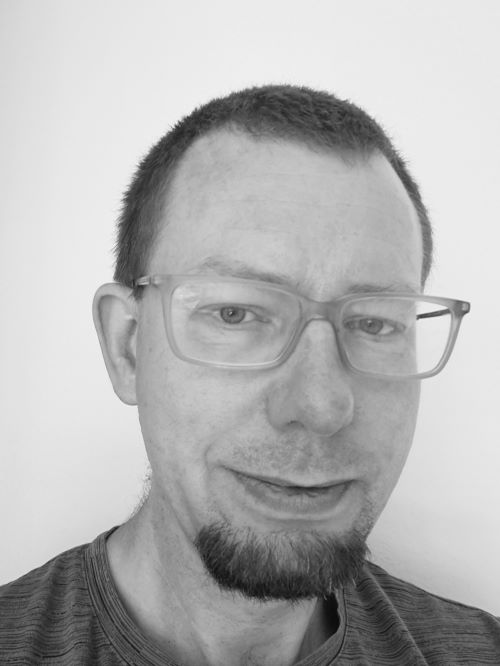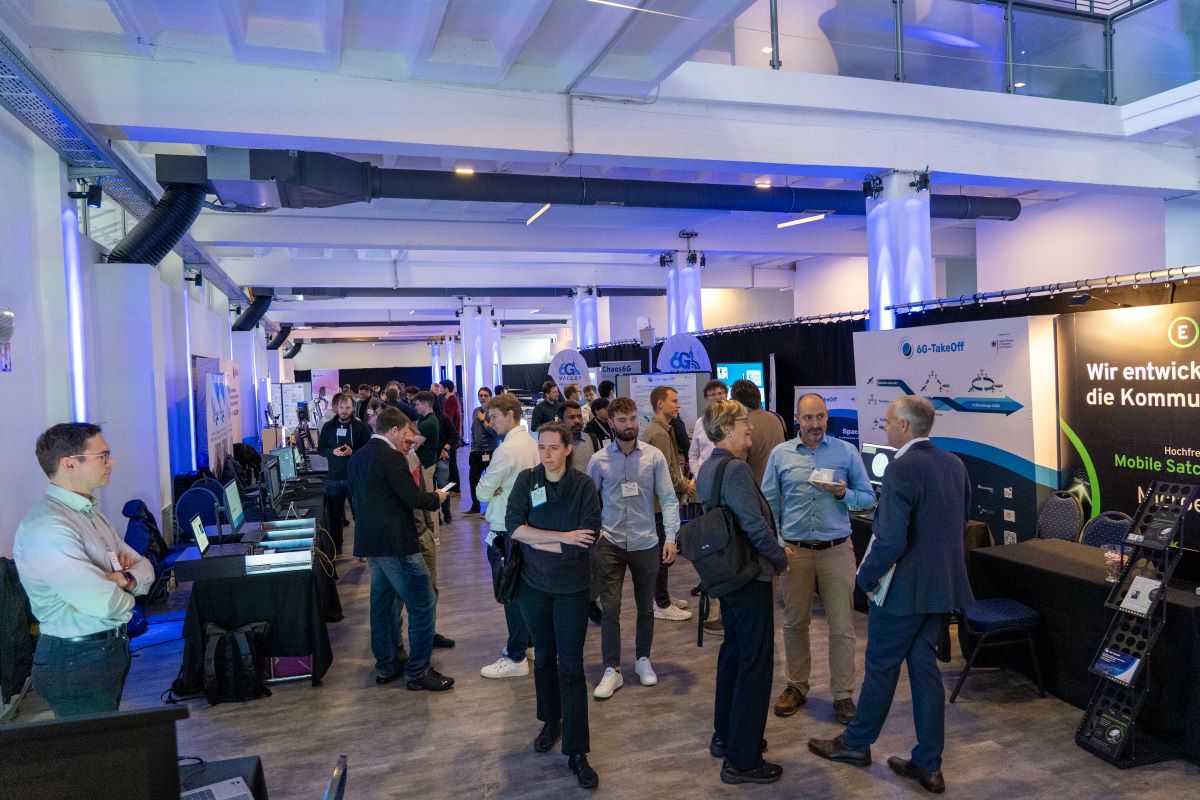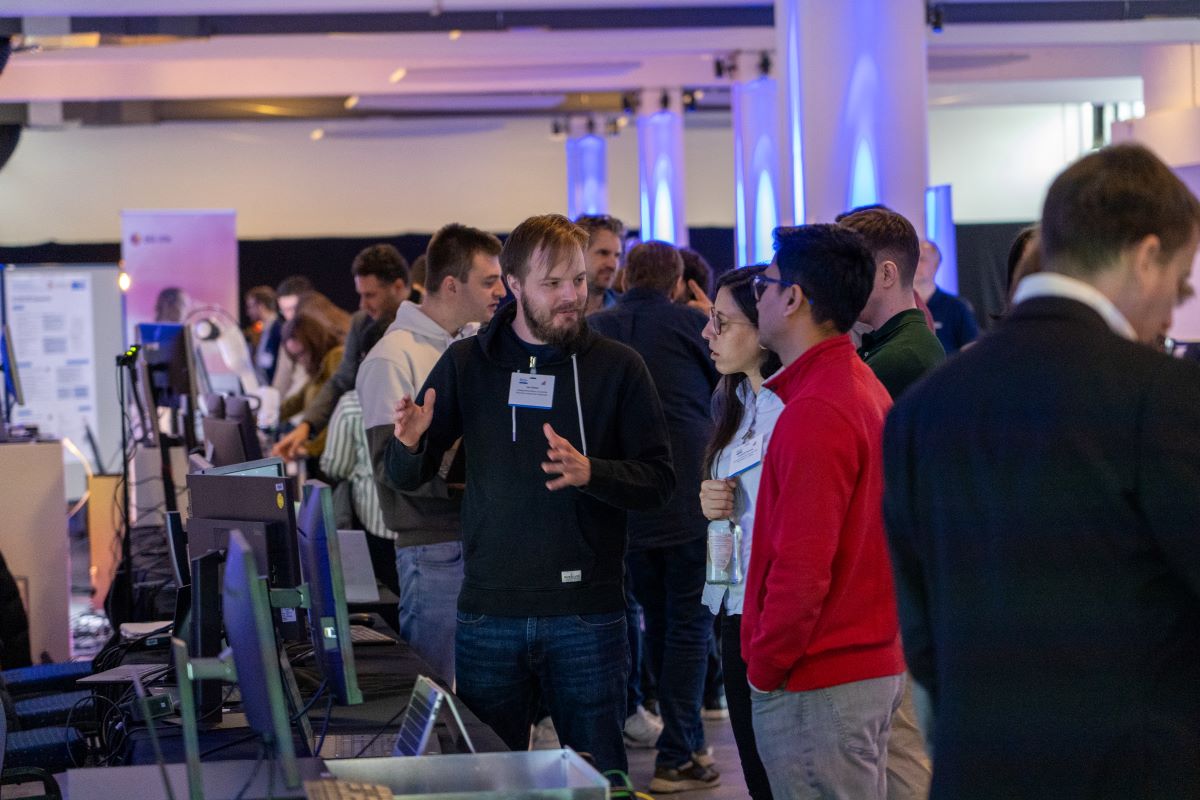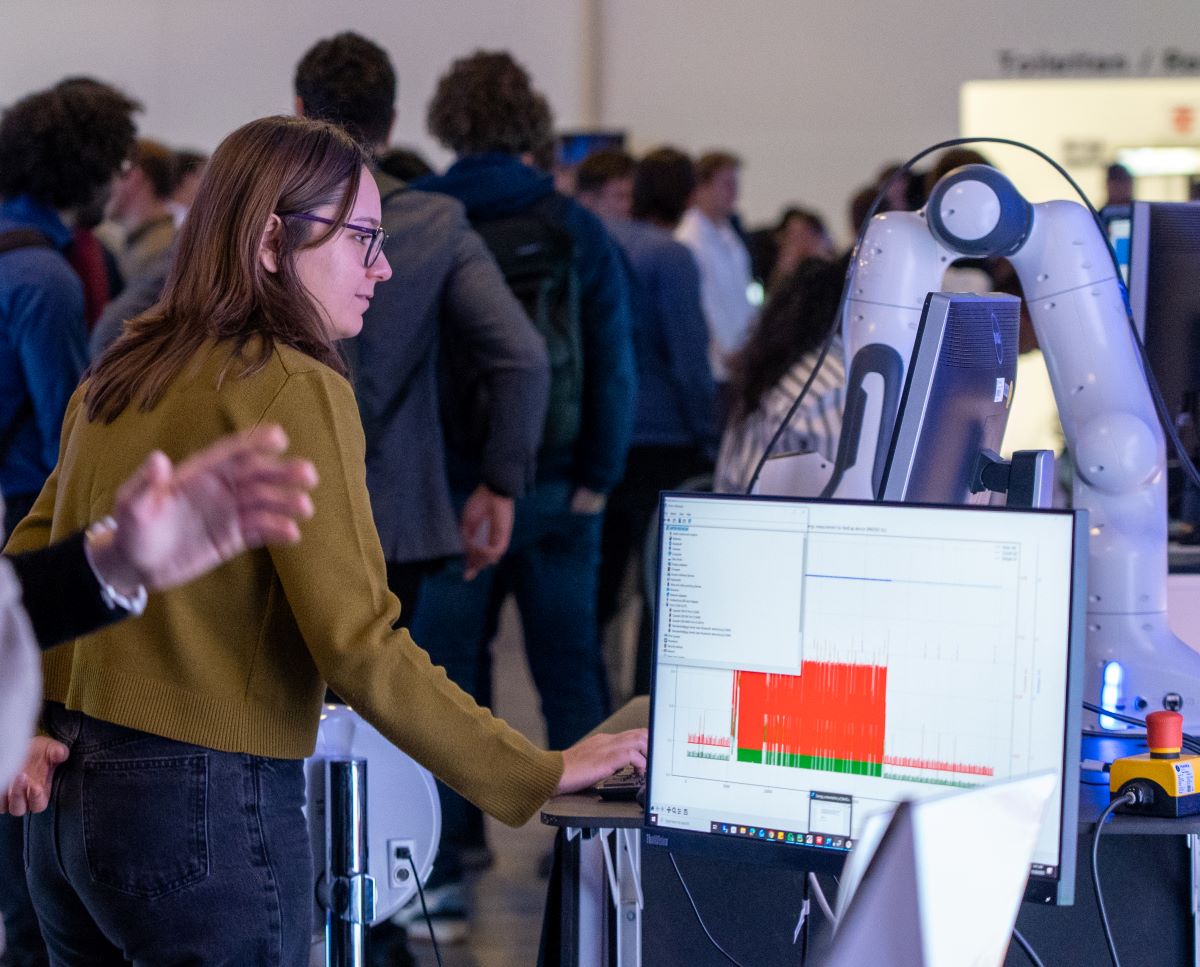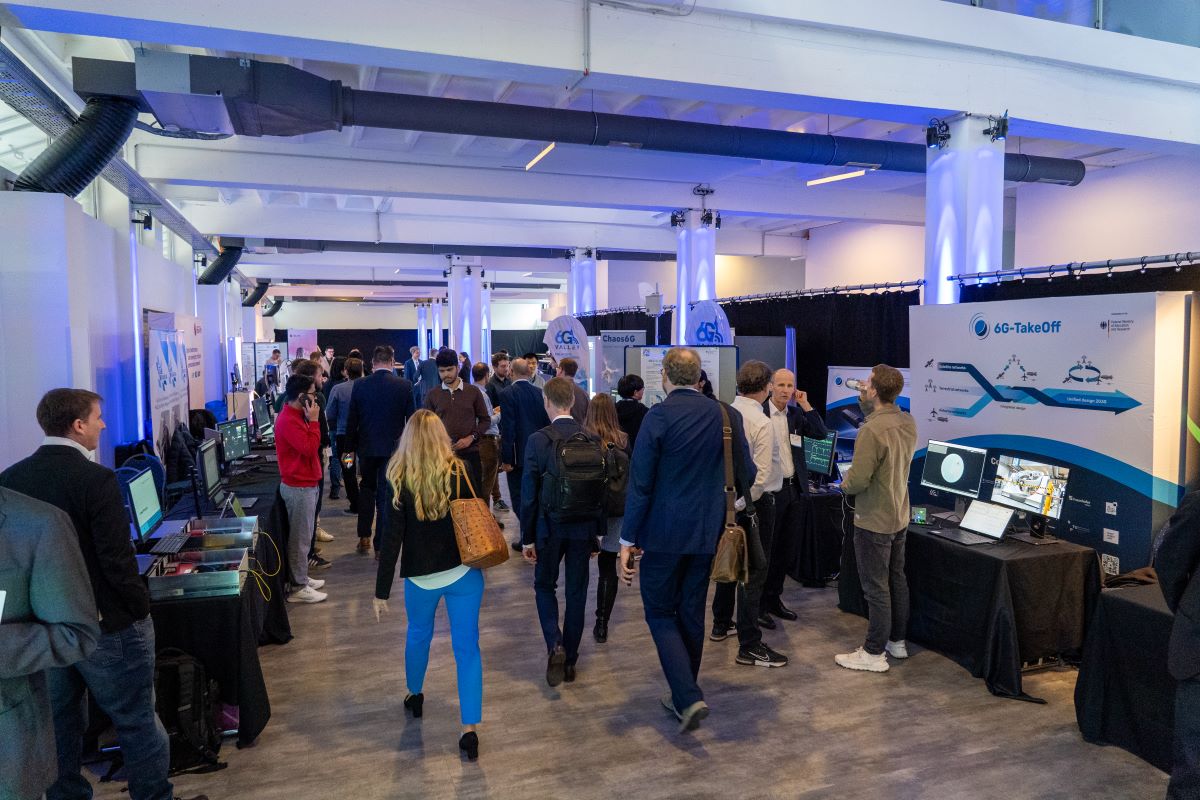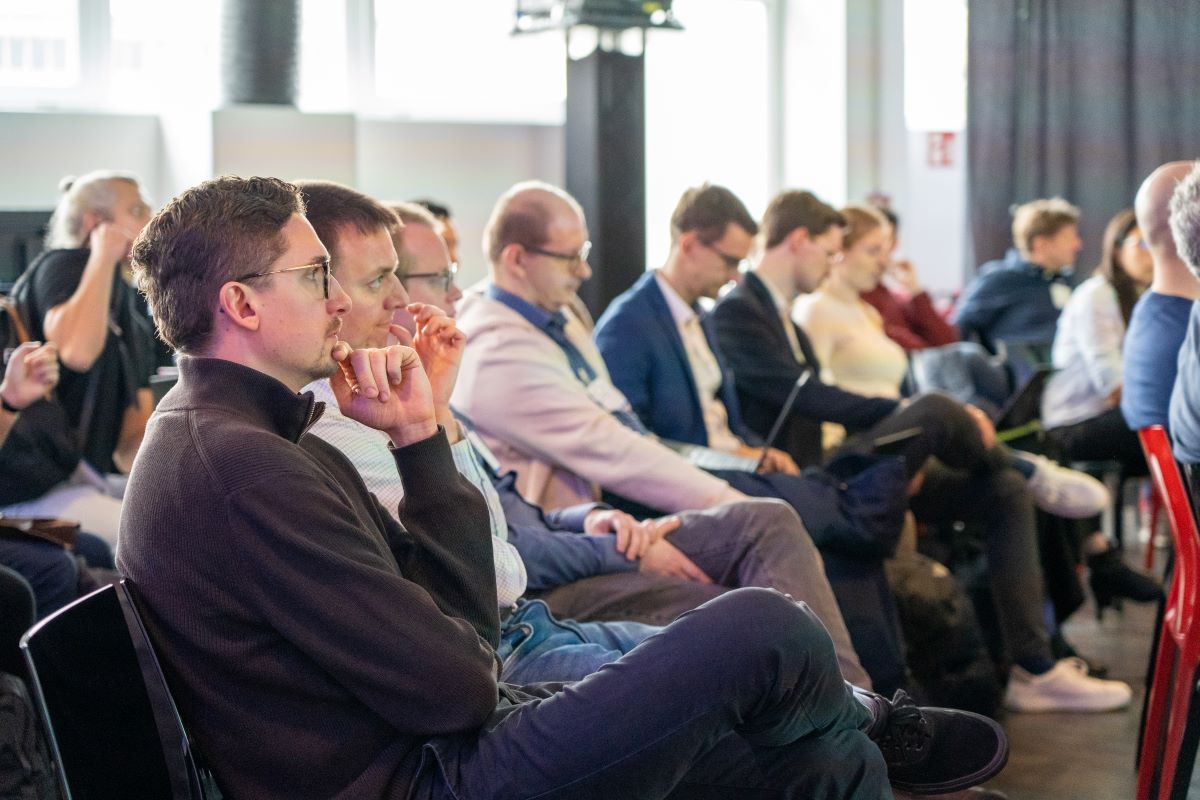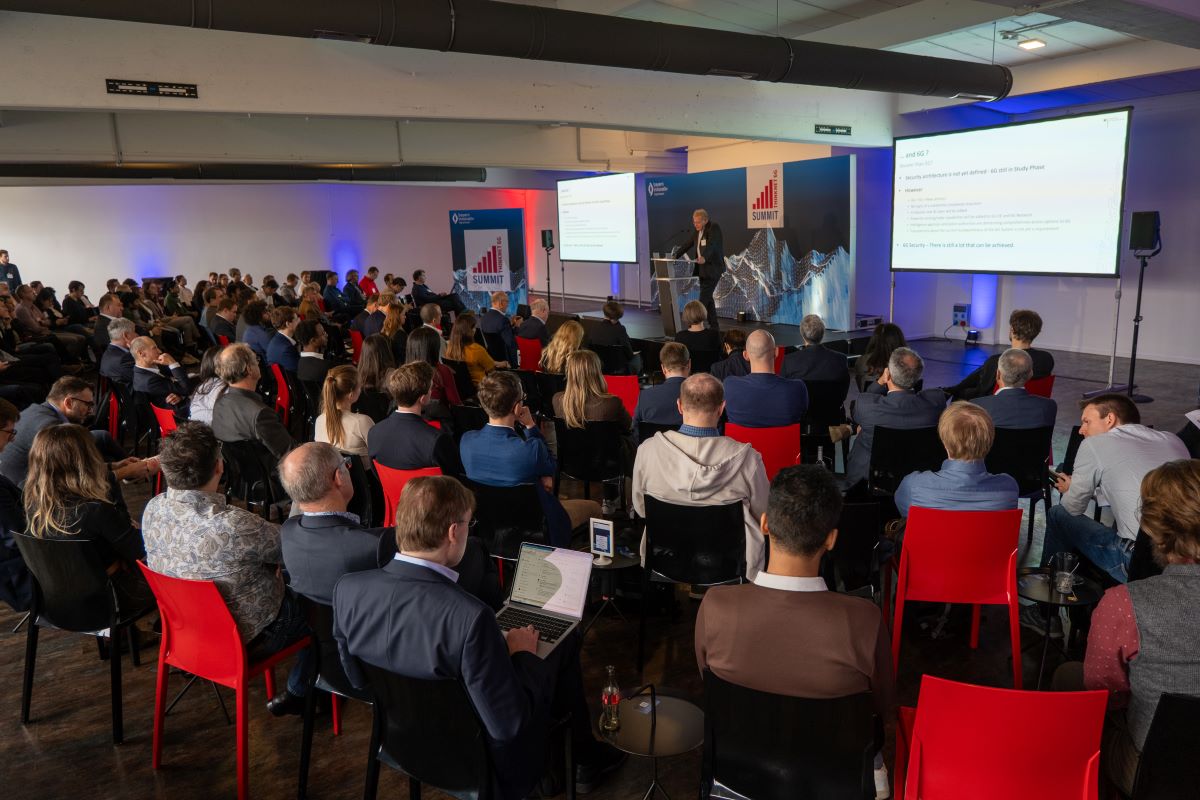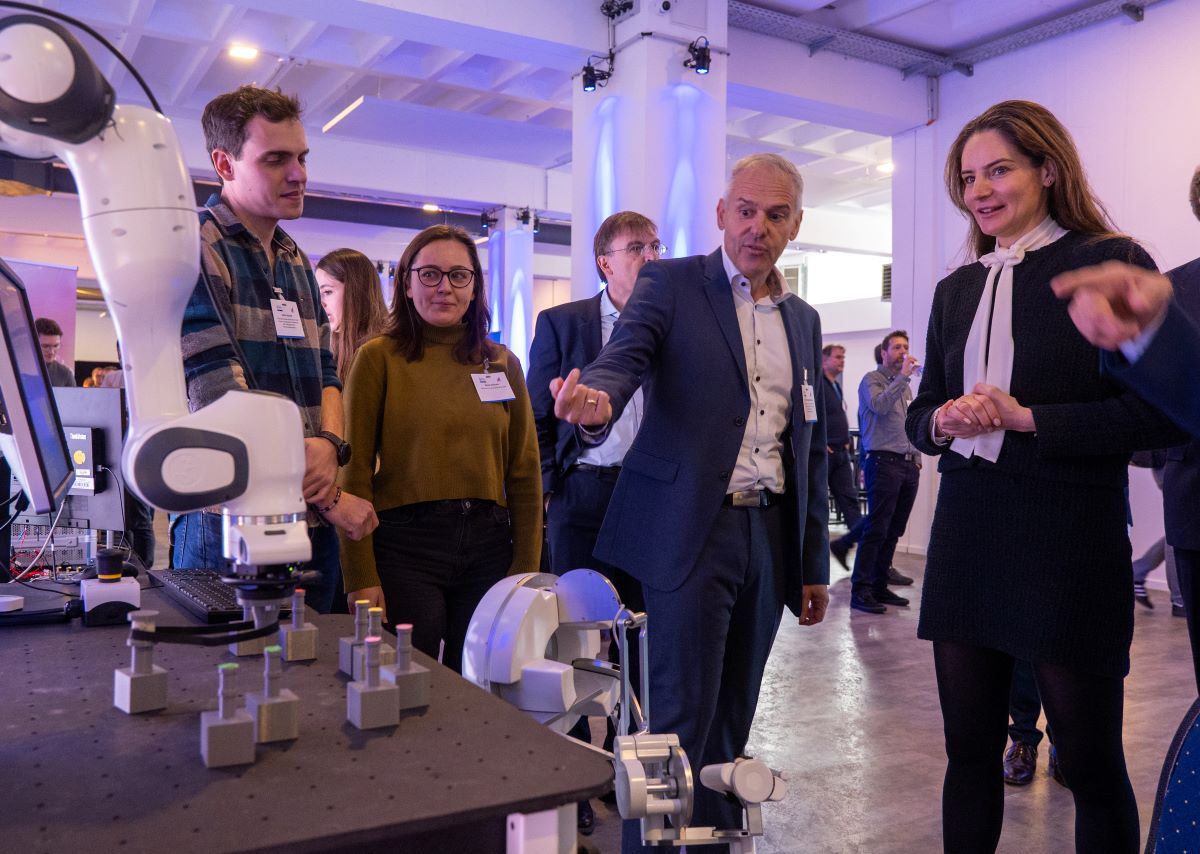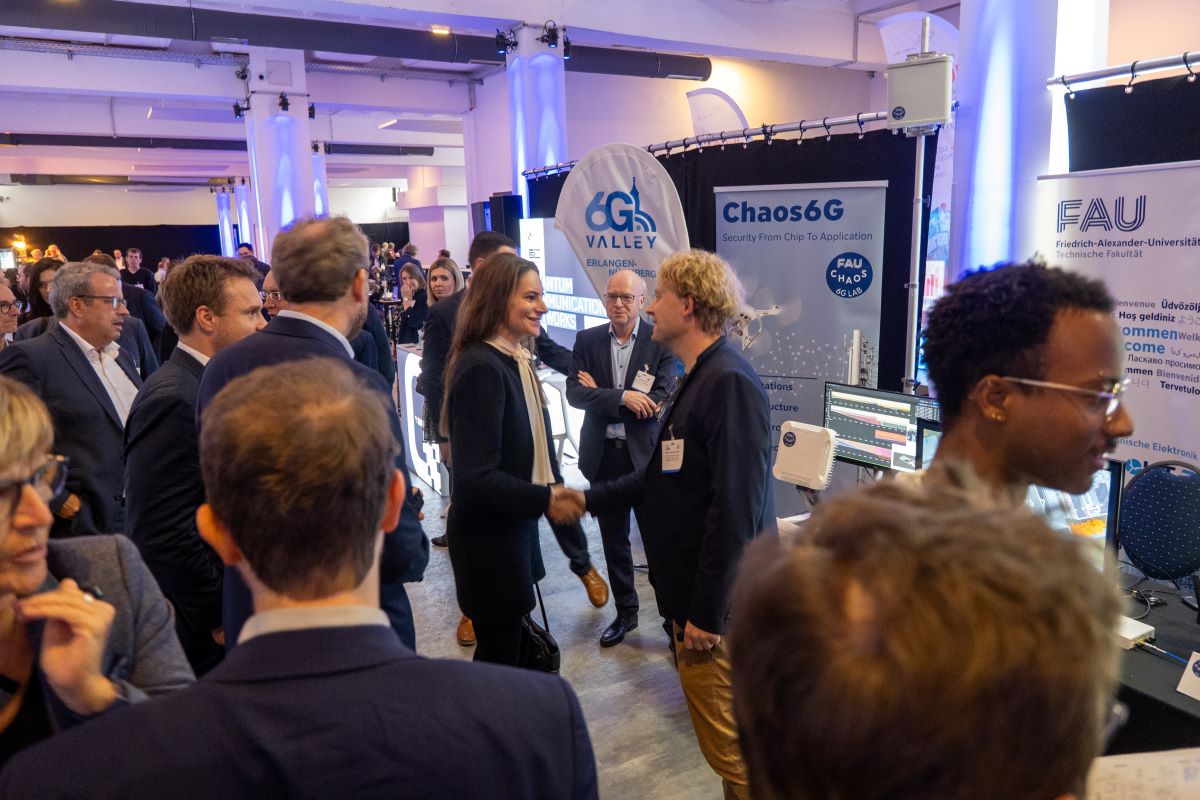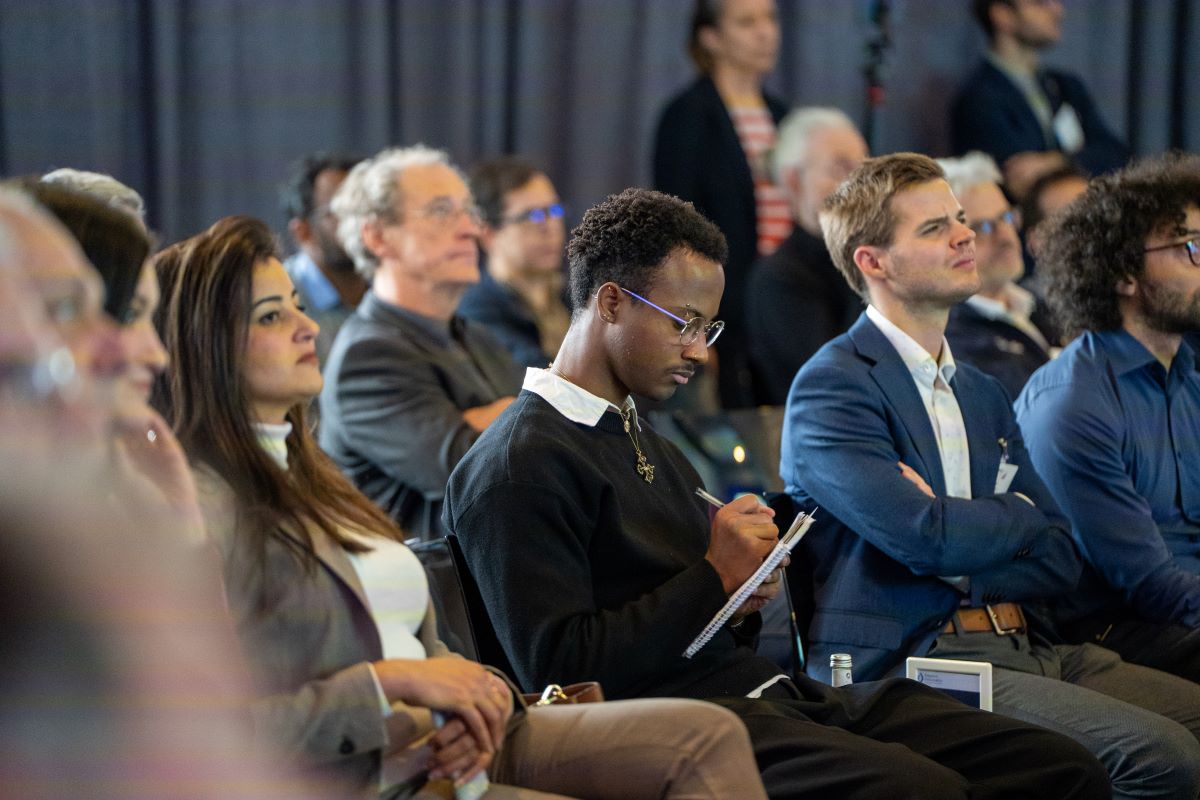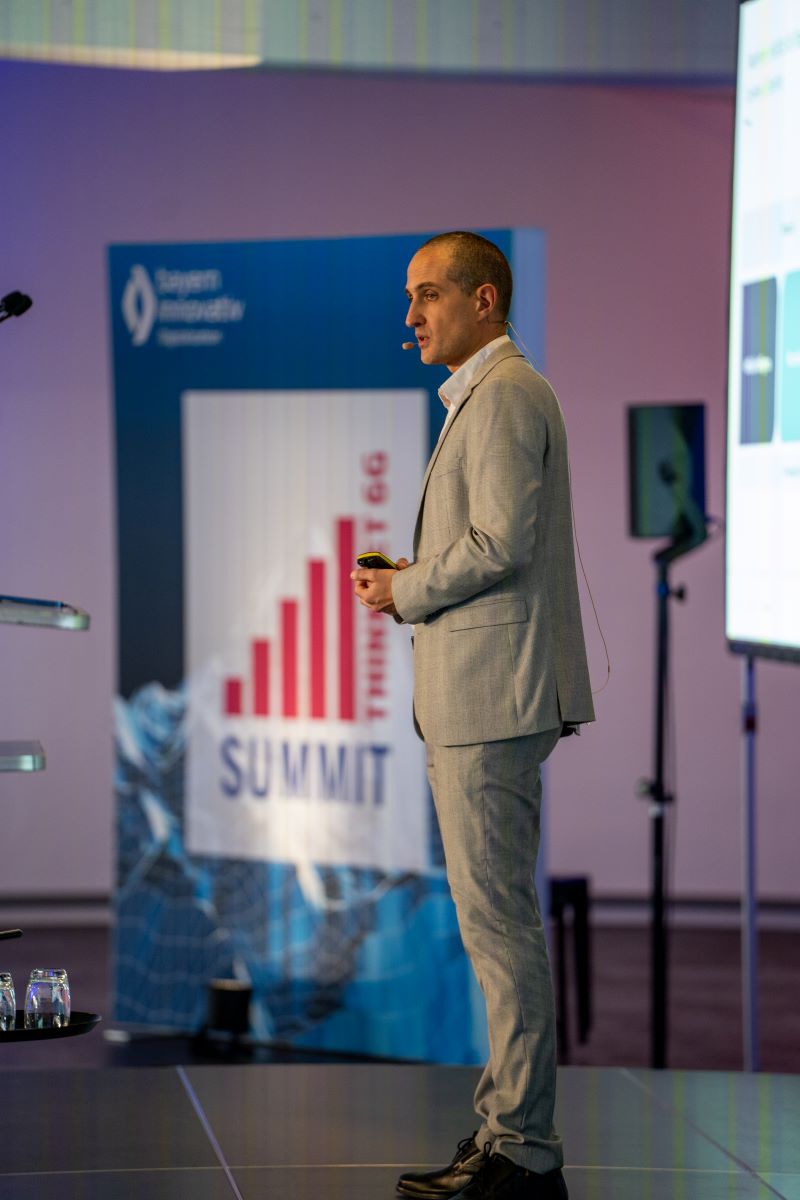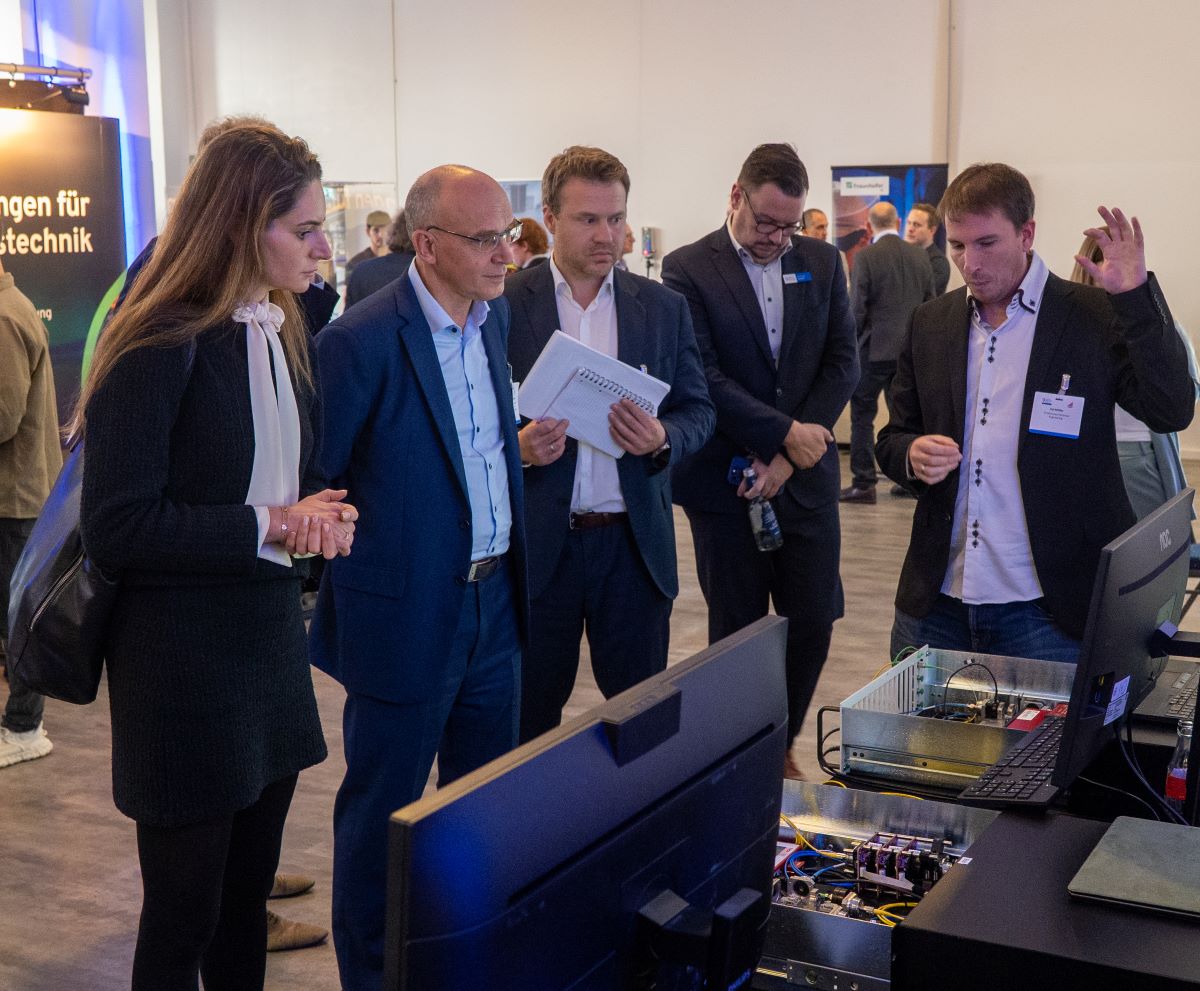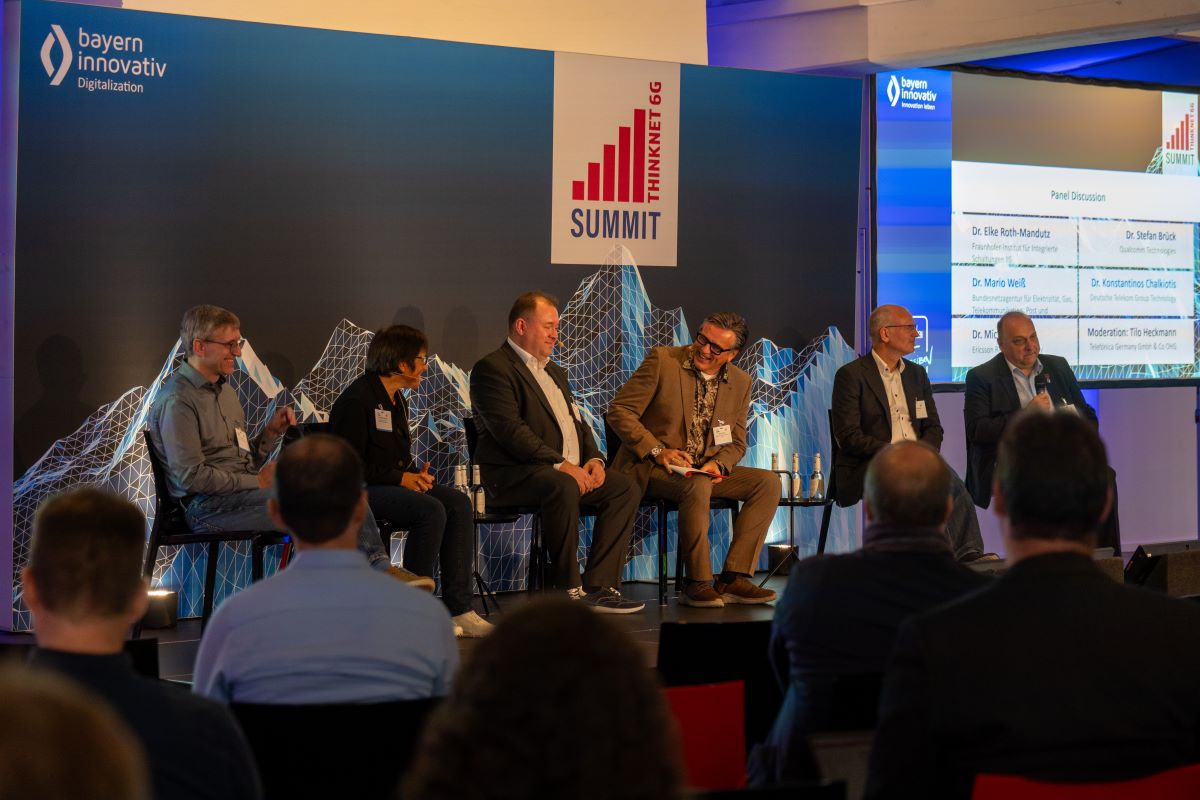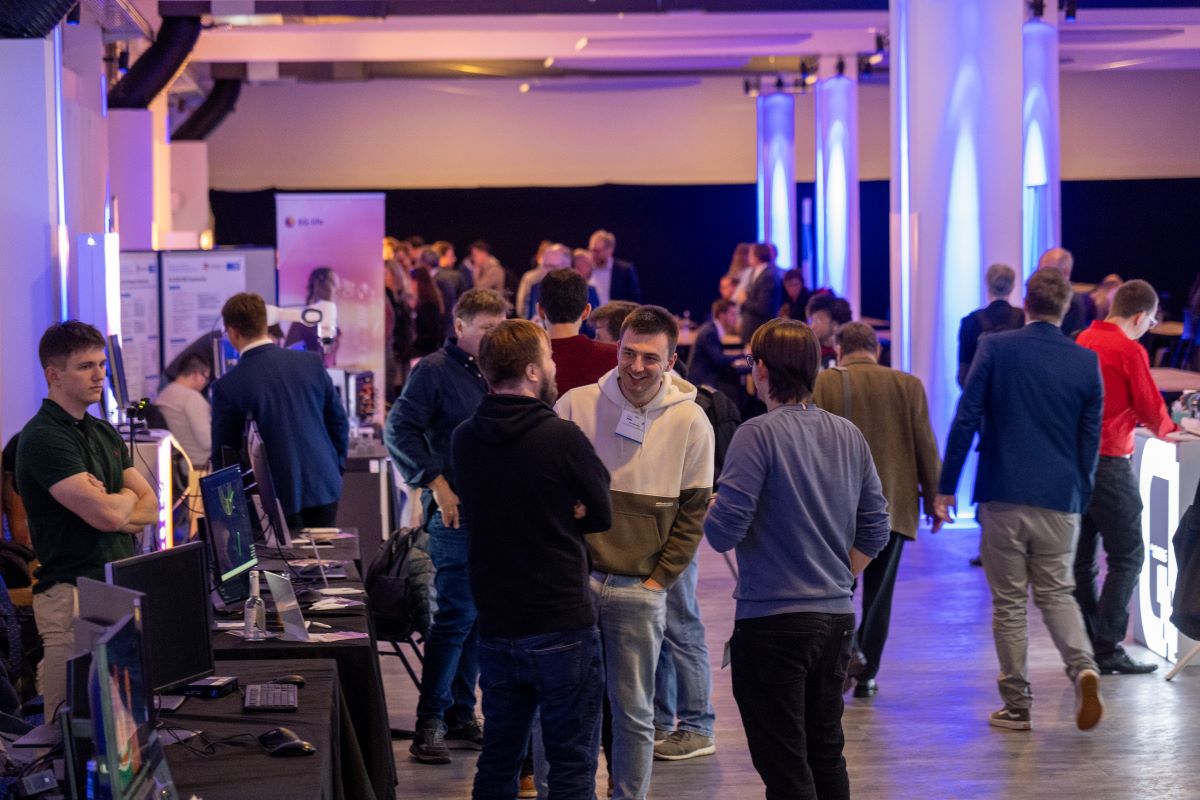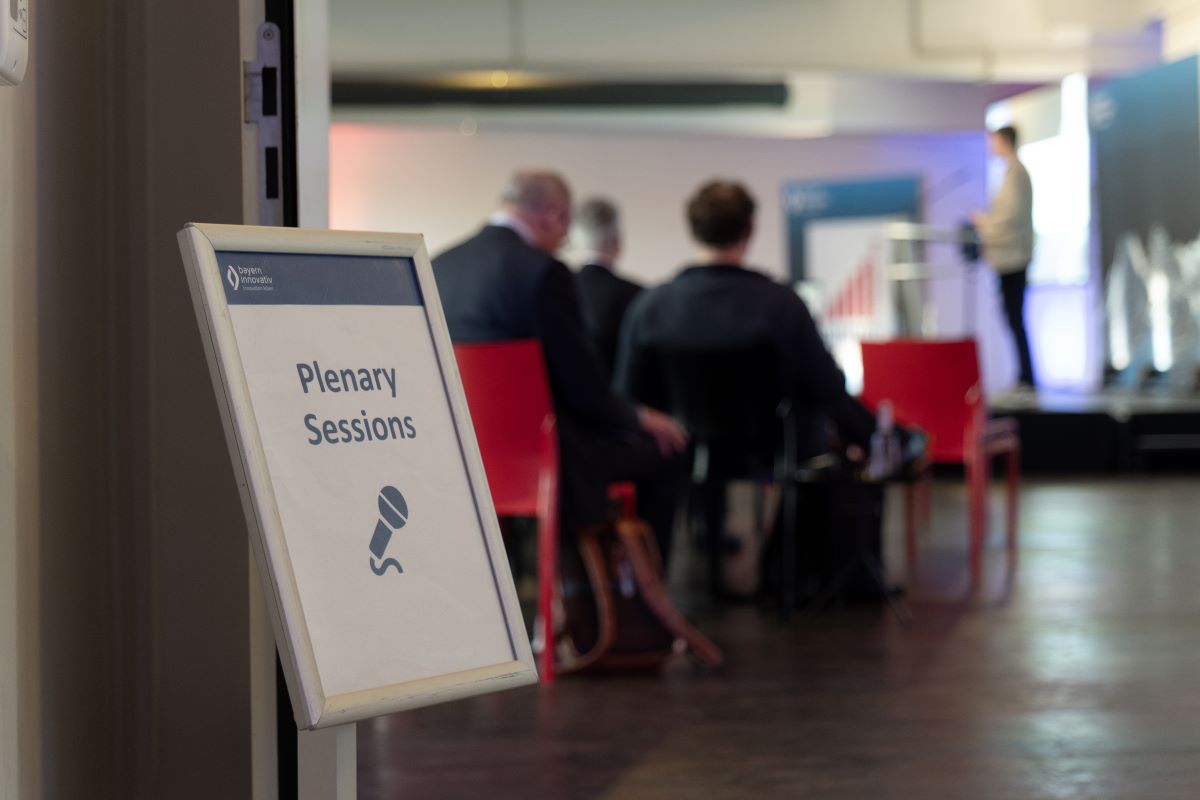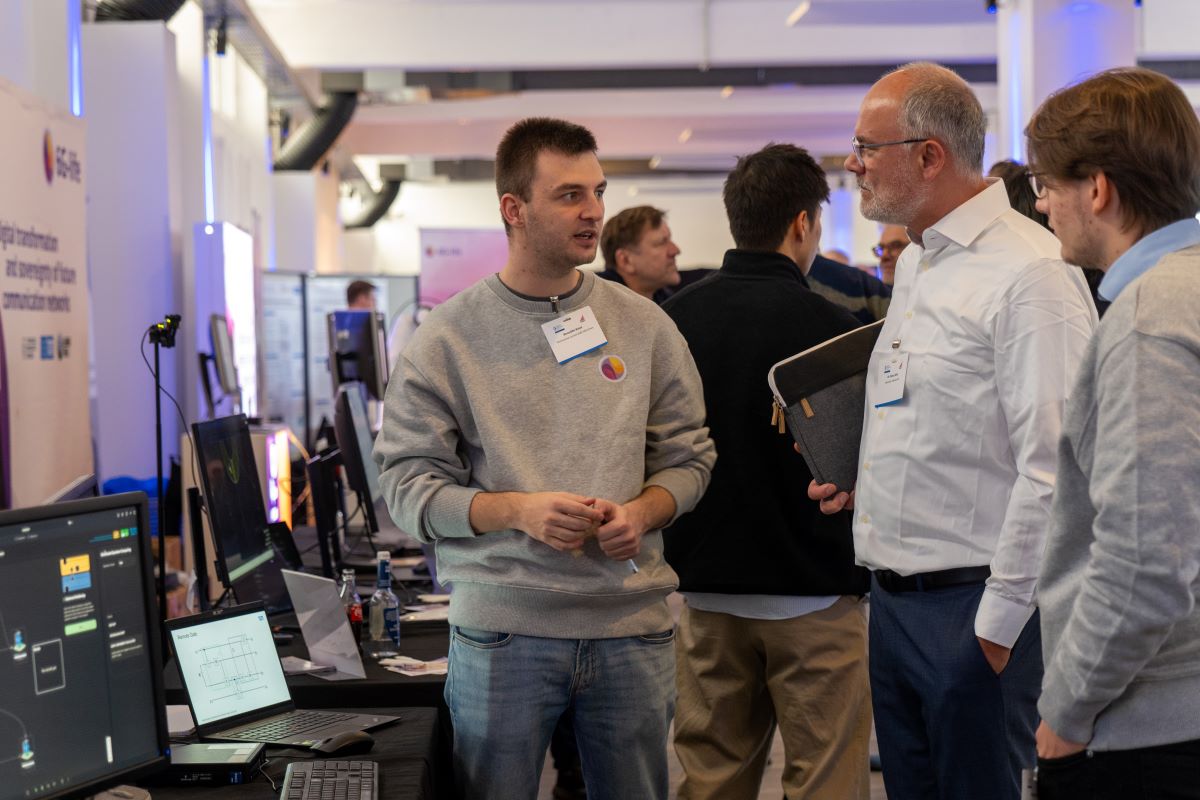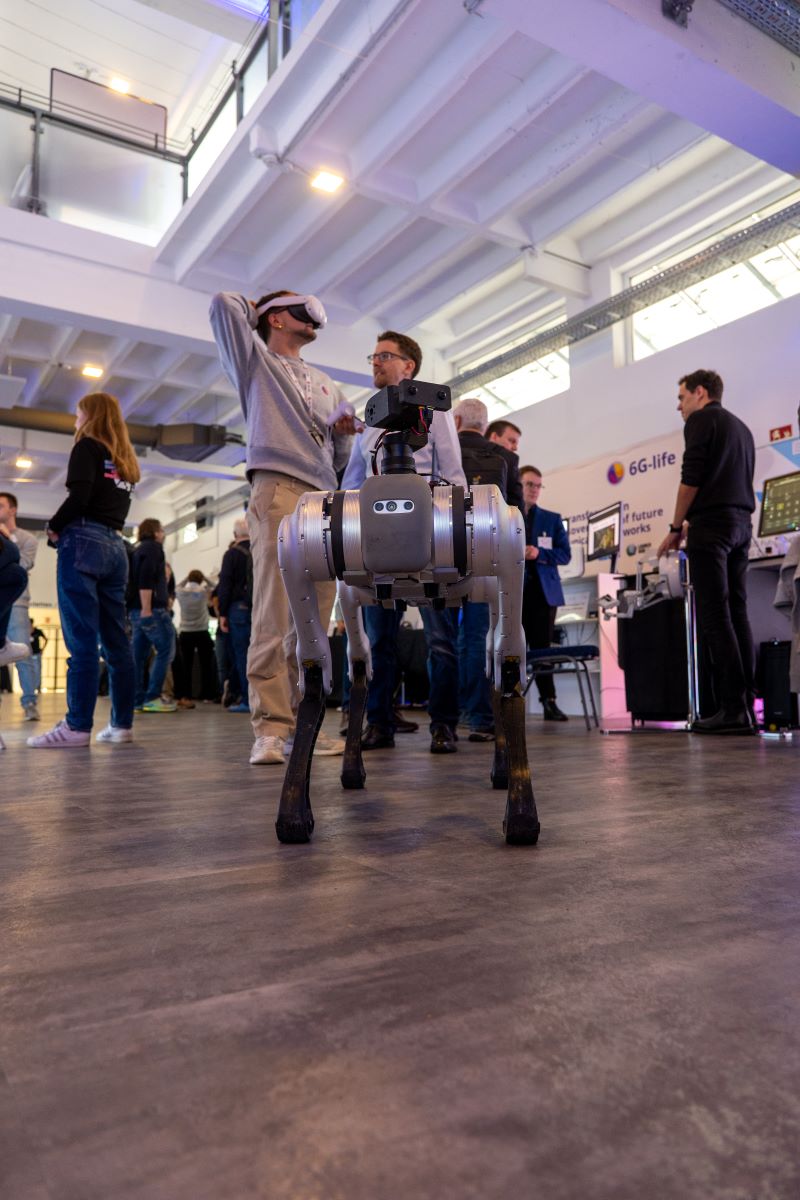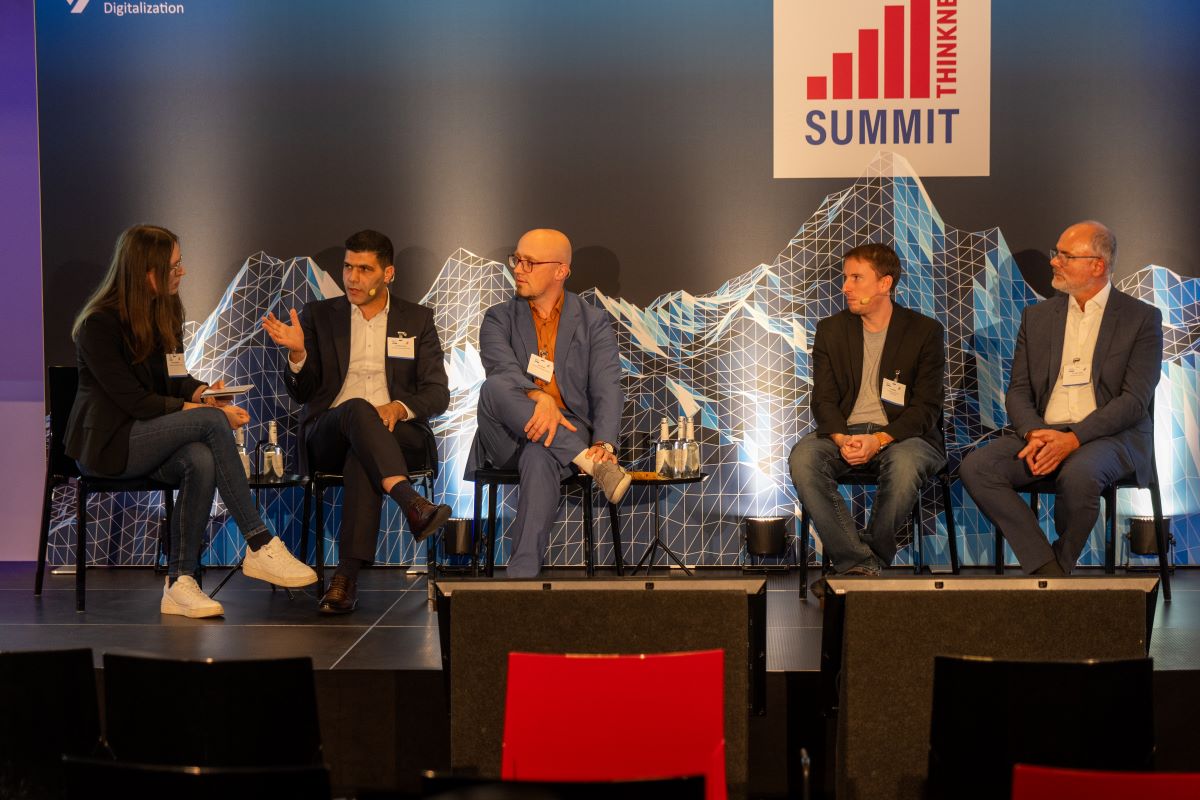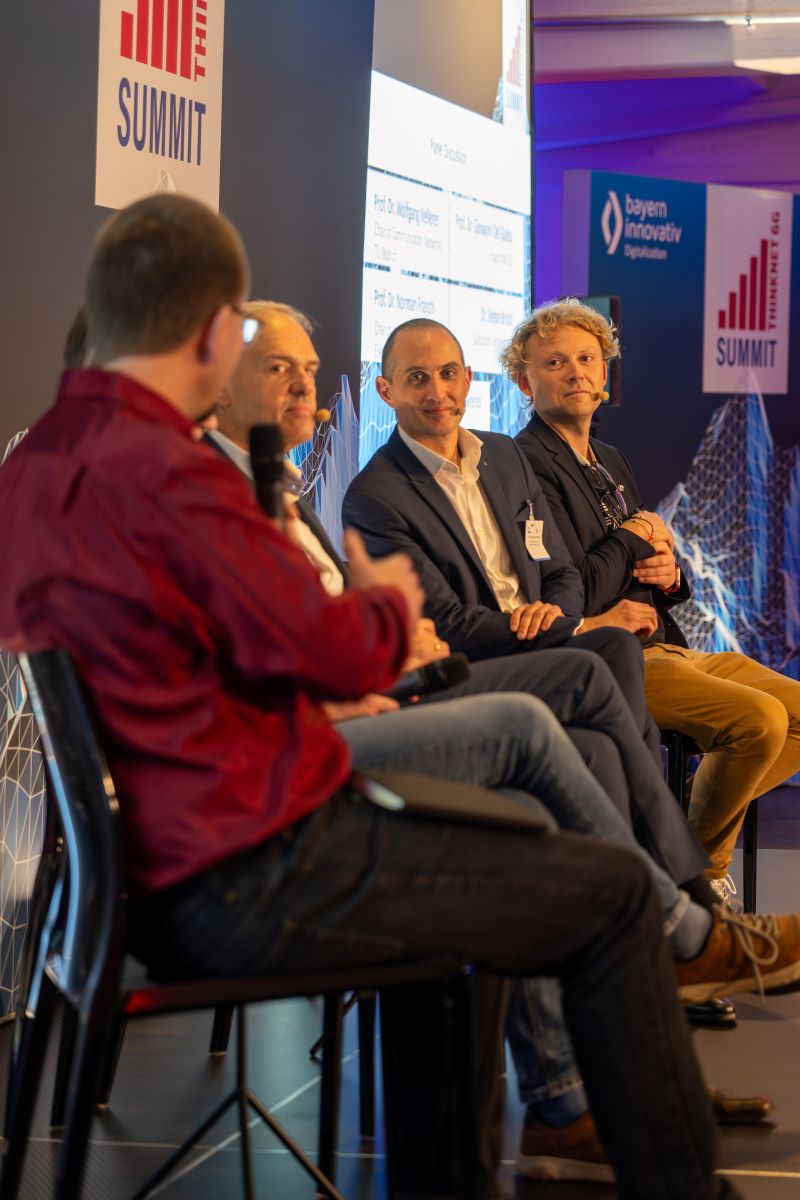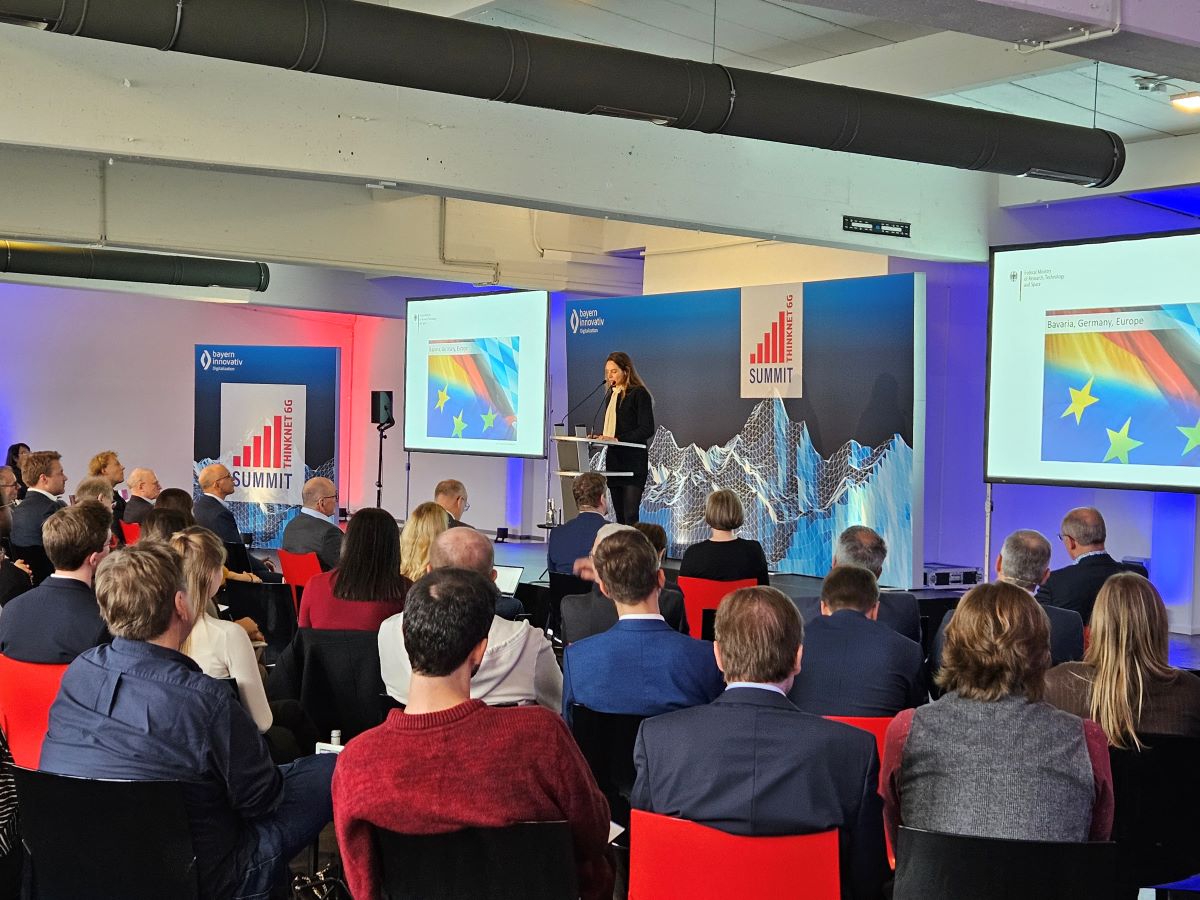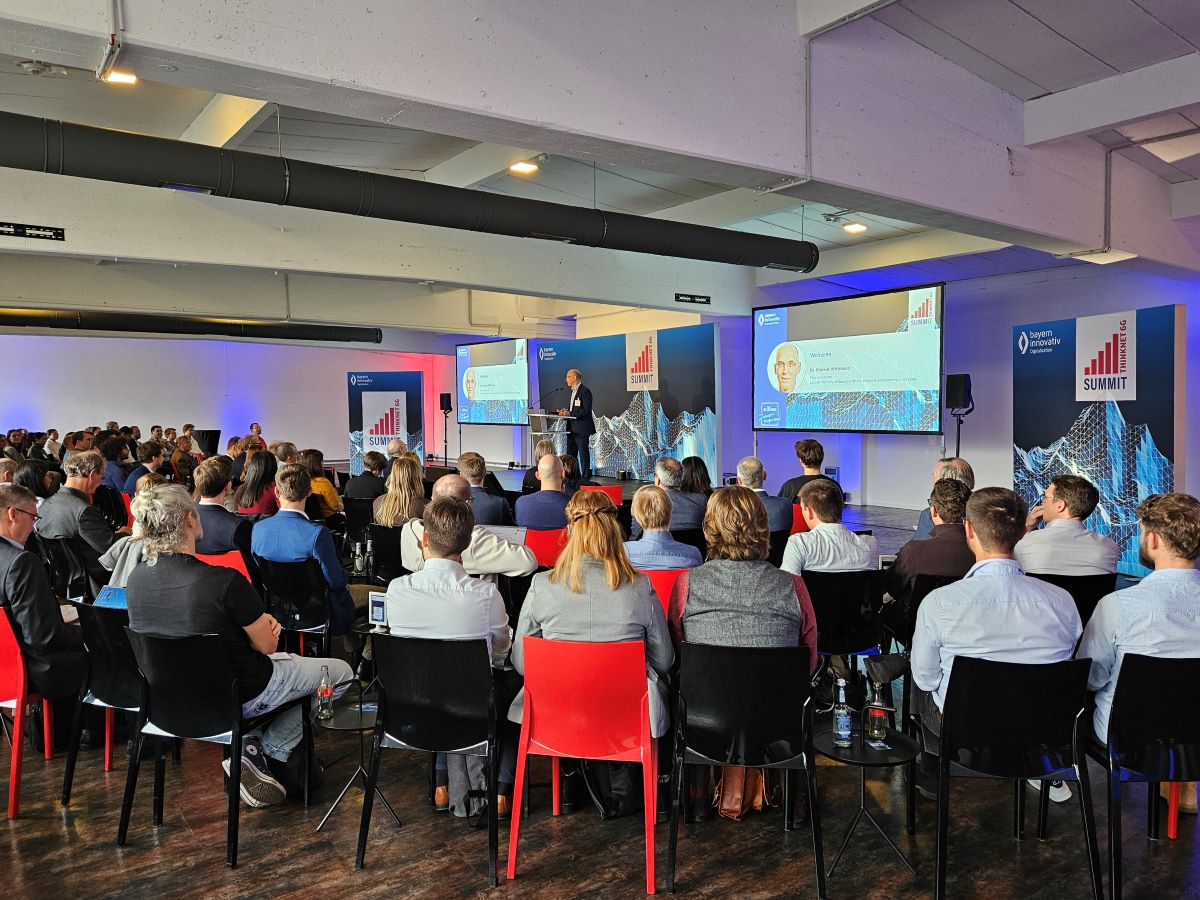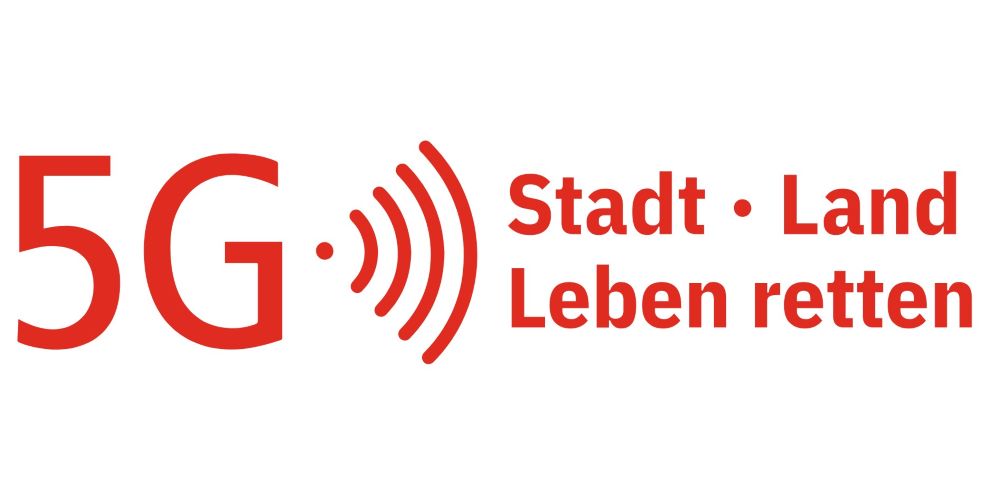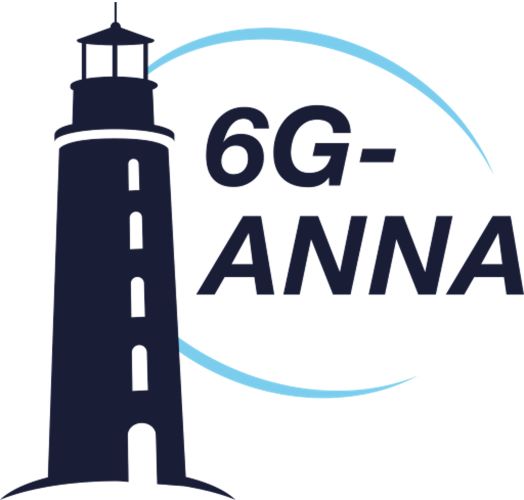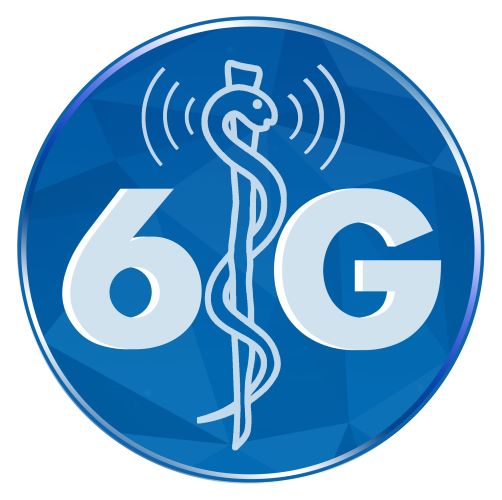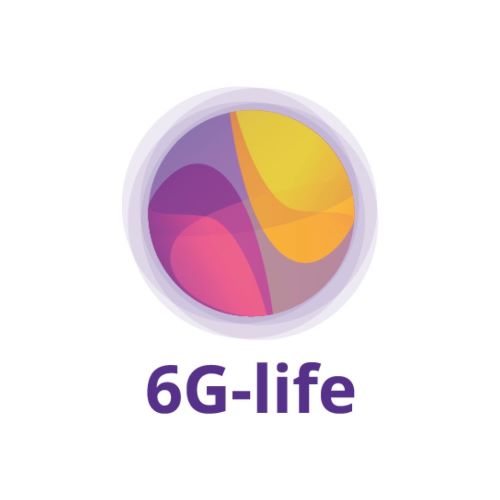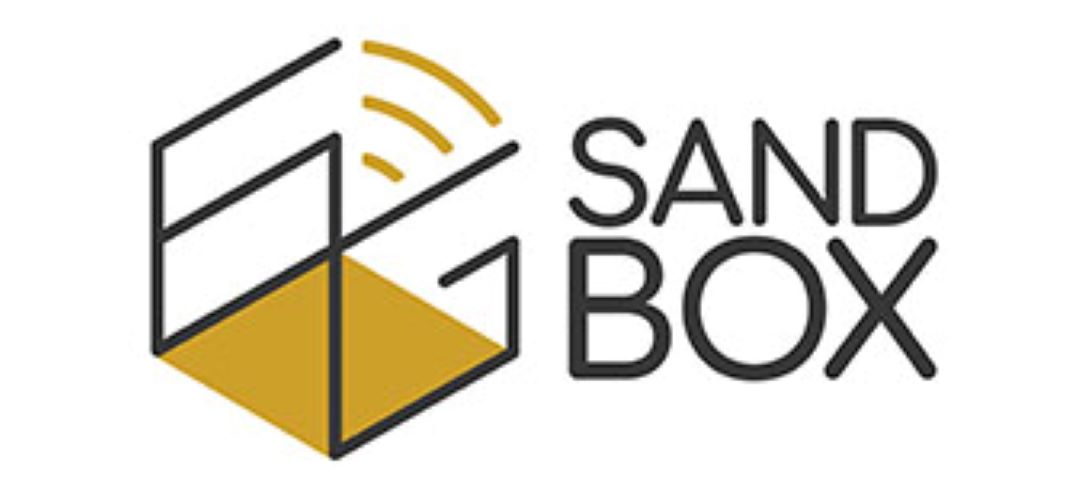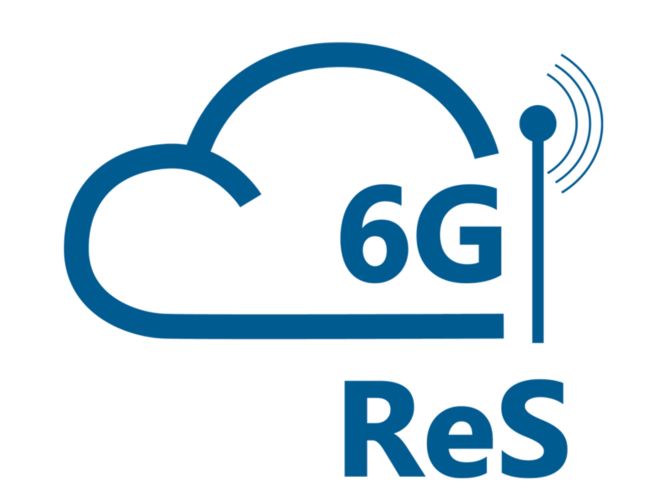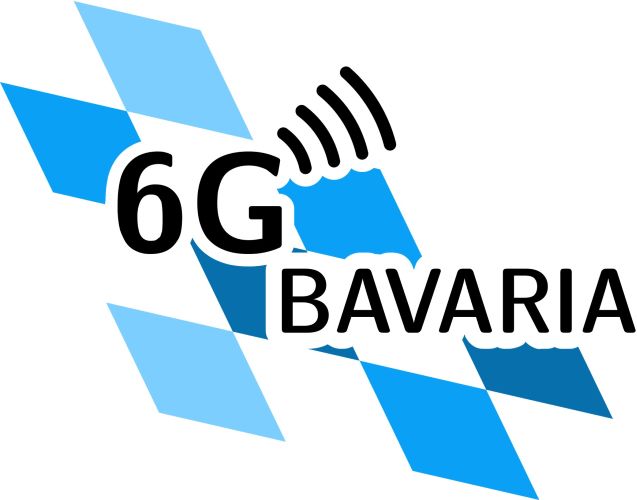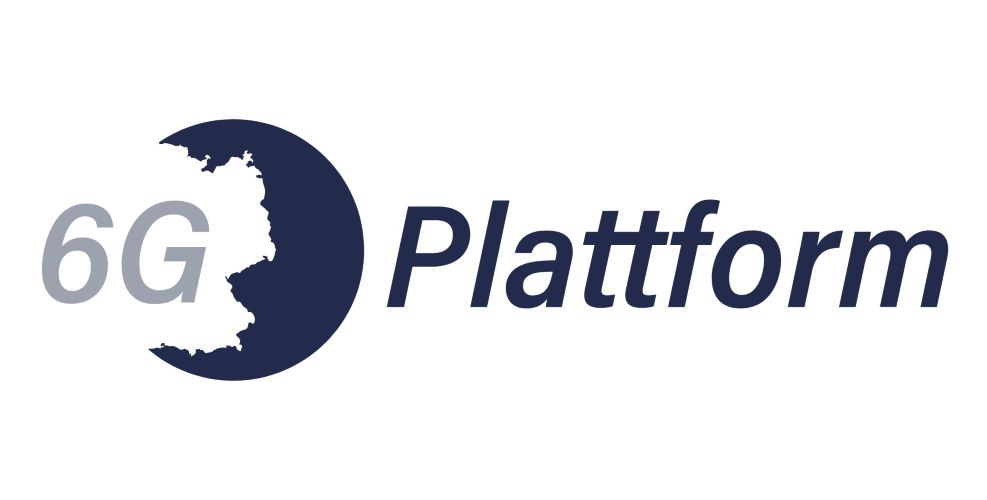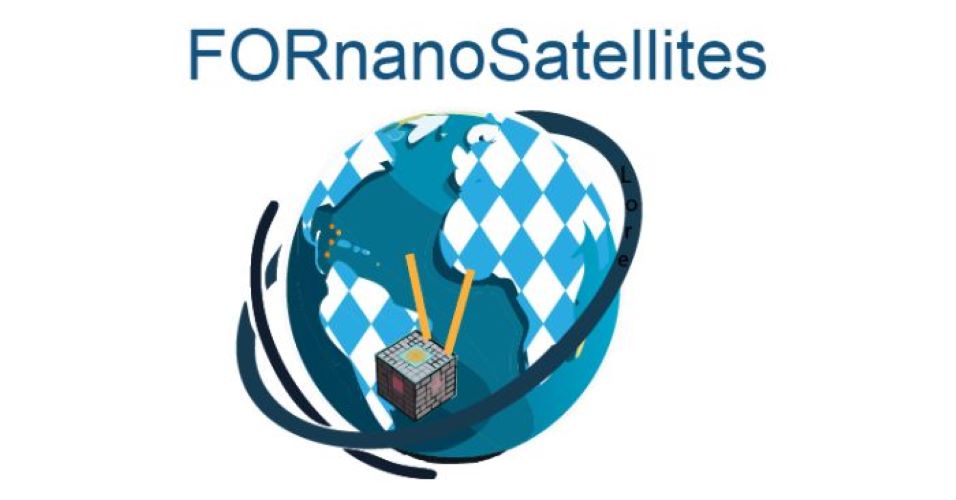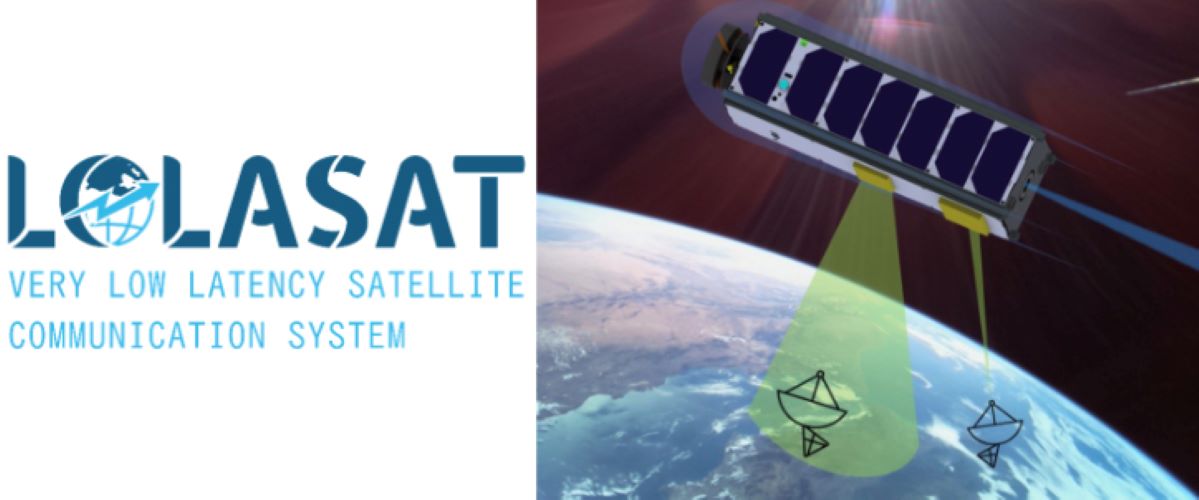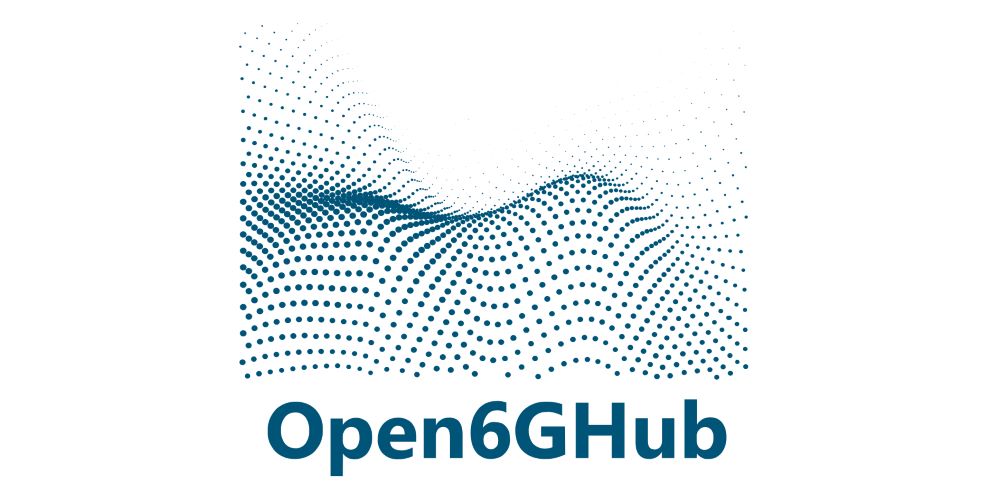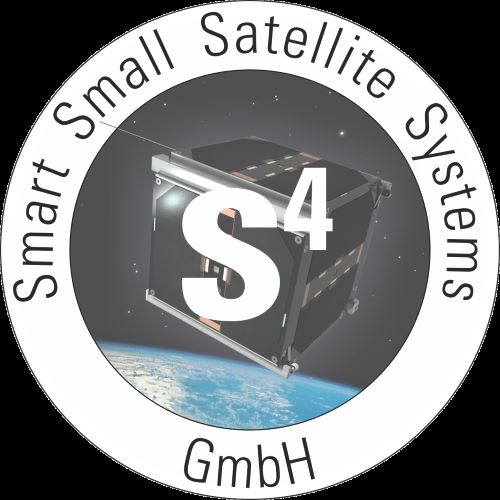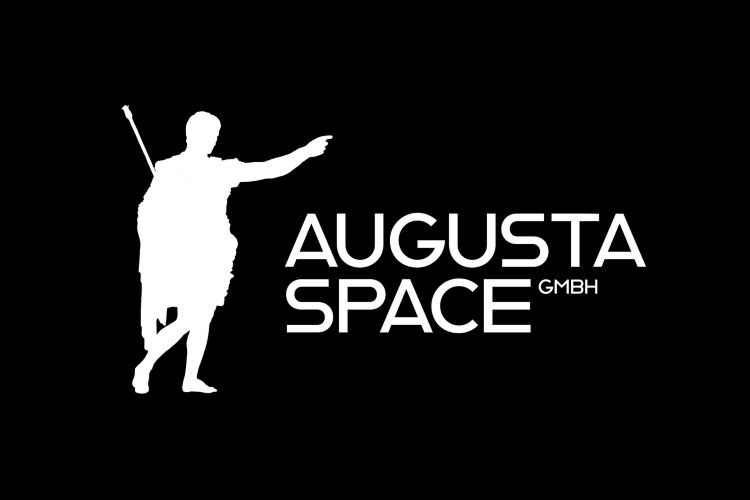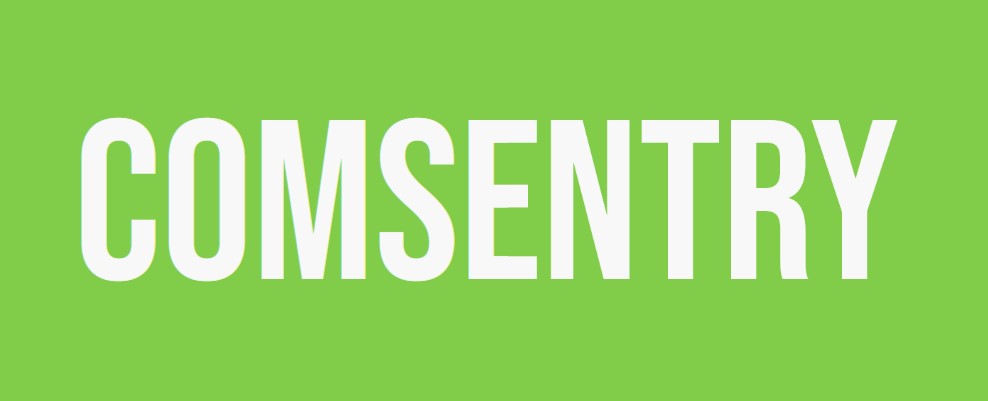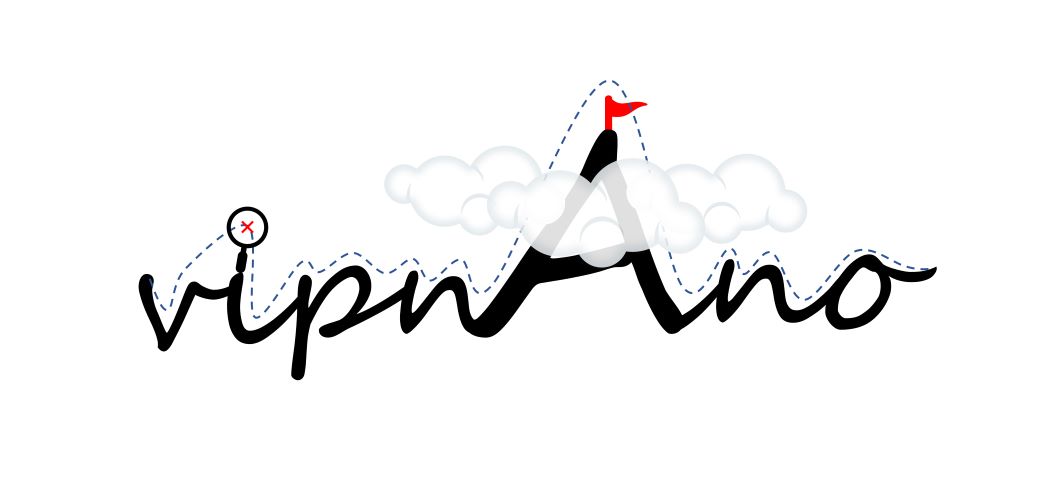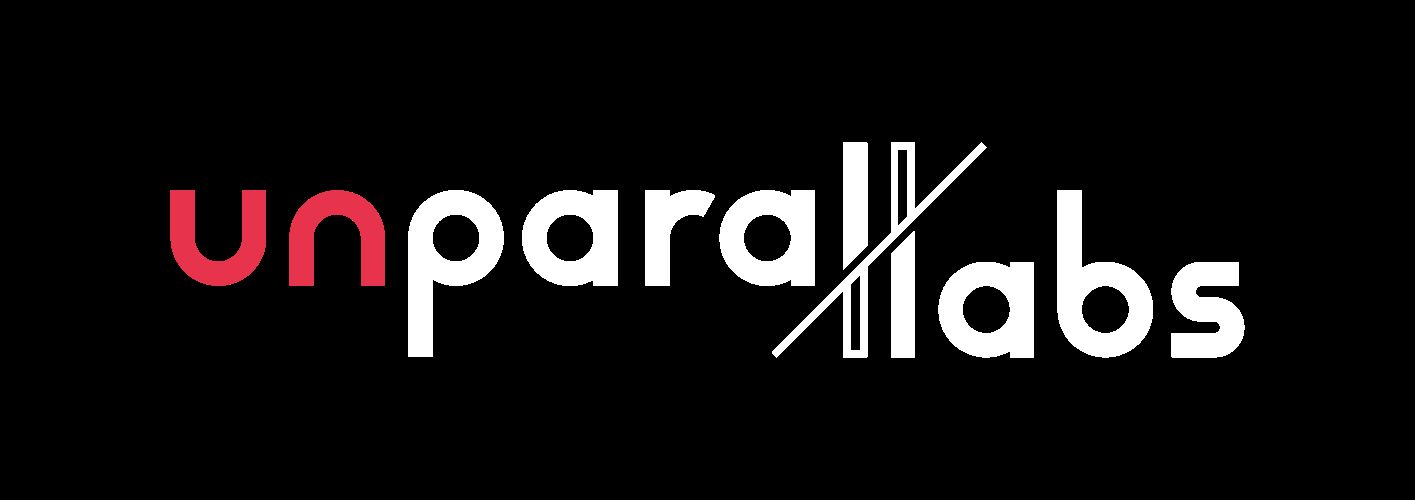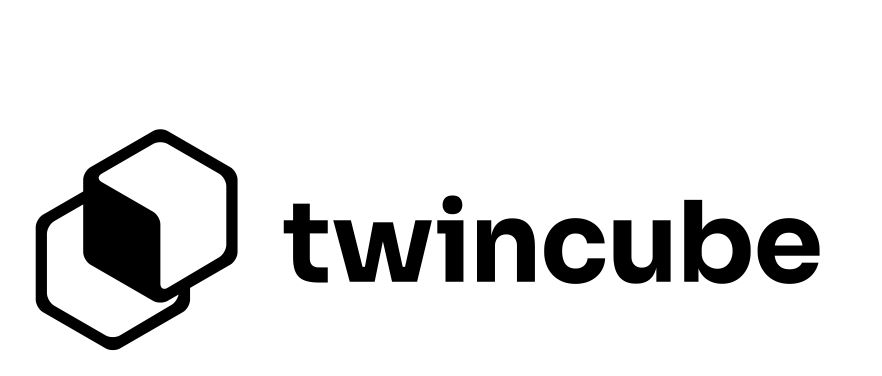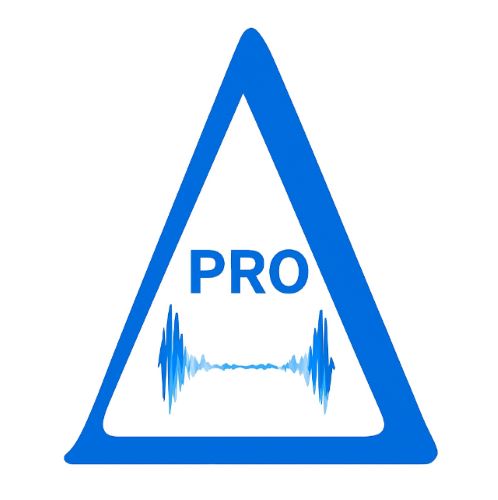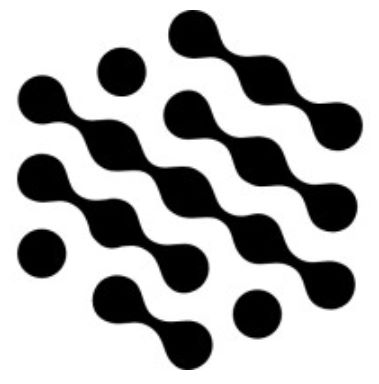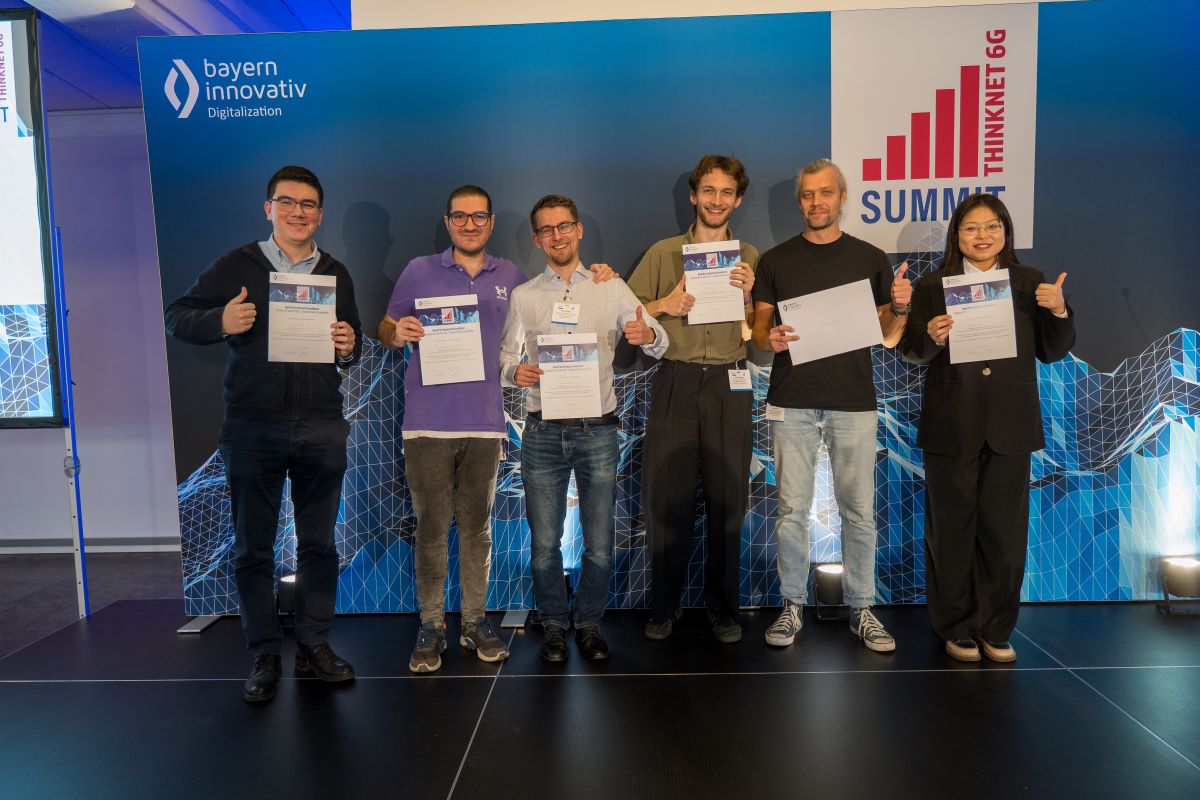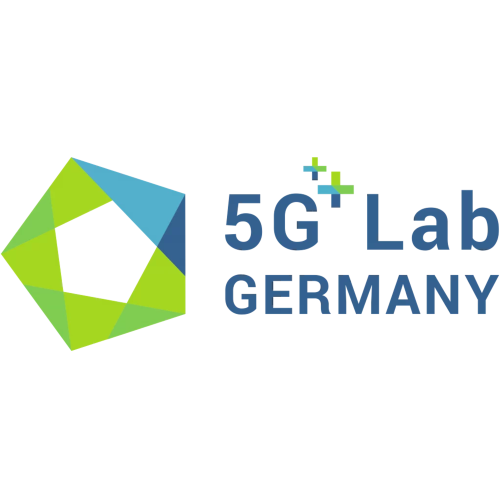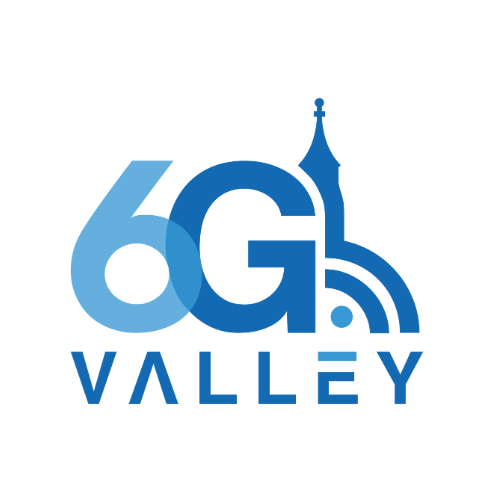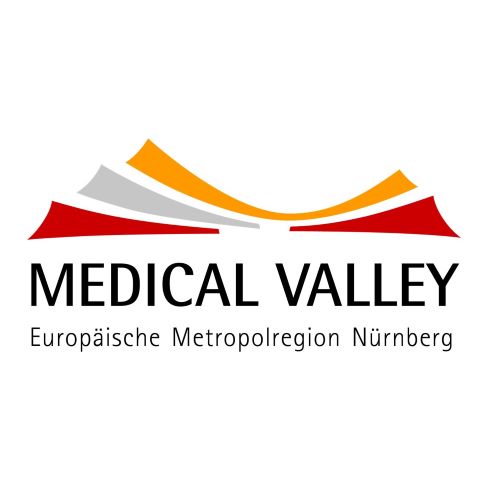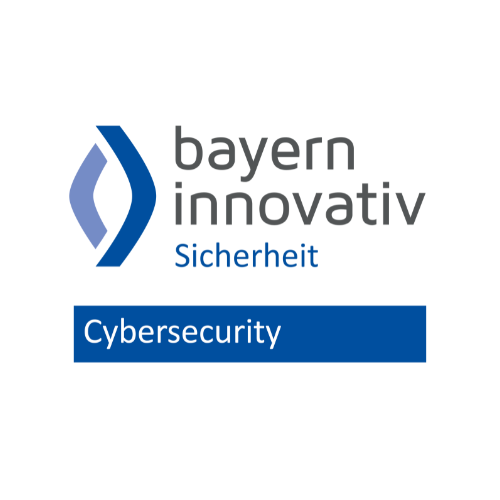Event
Thinknet 6G Summit 2025
28. October 2025 - 29. October 2025
 Shutterstock, Anna Brothankova,
Shutterstock, Anna Brothankova,
The Thinknet 6G Summit 2025, held on 28-29 October 2025 in Nuremberg, Germany, brought together over 200 leading voices from research, industry, politics and startup-innovation to shape the next generation of wireless connectivity. Over two intensive days, participants explored cutting-edge developments in 6G technology, as well as related fields such as micro-electronics, quantum communication and hardware-driven network architectures — all within the rich context of society’s evolving connectivity needs.
The Thinknet 6G Summit 2025 brought together experts from industry, academia, politics, and start-ups to explore the next generation of wireless communication. Over two days, the event focused on how 6G can strengthen Europe’s technological sovereignty, address global connectivity challenges, and enable a secure, sustainable, and intelligent digital future.
Day 1 began with welcoming remarks and a keynote outlining the vision for 6G in Europe and Bavaria. The first thematic block, Security & Resilience in the 6G Era, addressed how future networks can remain trustworthy, robust, and dependable under increasing complexity and global interdependence. This was followed by Non-Terrestrial Networks (NTN) for Resilience, exploring satellite-based and high-altitude communication as critical complements to terrestrial systems.
A Start-up Spotlight highlighted innovative young companies contributing to 6G technologies, while the Talent × Industry “Quick Connect” networking session promoted direct exchange between students and employers. The subsequent block, 6G Activities and Initiatives in Bavaria, presented leading regional research efforts, innovation labs, and industrial partnerships driving early 6G development.
Another key session, The Global 6G Ecosystem and Germany’s Role in Standardisation, examined how Europe can shape future connectivity standards and strengthen its position in international alliances. The final block of the first day, Microelectronics & Modem Technologies for 6G, focused on hardware innovation and semiconductor technologies as foundations for next-generation performance and energy efficiency.
Day 2 expanded the perspective to European and national programmes. The opening sessions showcased ongoing EU and German 6G projects, such as large-scale testbeds, research infrastructures, and sustainability initiatives. The block 6G Activities and Initiatives in Germany highlighted major federally funded research hubs and projects supporting sovereignty, interoperability, and innovation across sectors.
A further focus area, Complementary Connectivity: From IoT to Critical Infrastructure, addressed low-power networks and resilient communication systems for essential services. The final block, Entangled Futures: Quantum Communication and 6G, looked ahead to the integration of quantum technologies, secure communication methods, and research testbeds that may define future 6G architectures.
The summit concluded with a strategic discussion reflecting on Bavaria’s role within the German and European 6G landscape, reaffirming the value of cooperation across research, industry, start-ups, and policy.
Key Takeaways
- Security and Resilience are foundational to 6G design, ensuring reliable and sovereign networks.
- Non-Terrestrial Networks will complement terrestrial infrastructure, improving coverage and robustness.
- Hardware, Microelectronics and Integration remain essential enablers of 6G performance and sustainability.
- Standardisation and Sovereignty are strategic priorities for Germany and Europe in shaping global 6G ecosystems.
- Quantum Communication is emerging as a key component of future communication networks.
- Talent Development and Start-up Innovation are vital to driving new ideas and ensuring long-term competitiveness.
- Collaboration Across Ecosystems—linking research, policy, and business—is central to Europe’s 6G success.
Welcome from Bayern Innovativ

Welcome from the Bavarian Ministry of Economic Affairs, Regional Development and Energy
 Markus Wittmann,
Markus Wittmann,
Opening Keynote from Telefónica
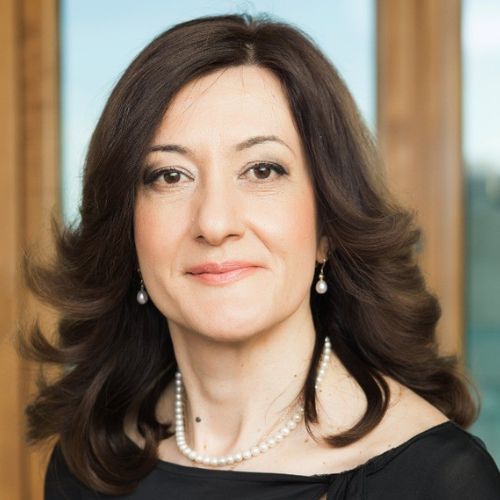 Eva Ulicevic,
Eva Ulicevic,
Moderation
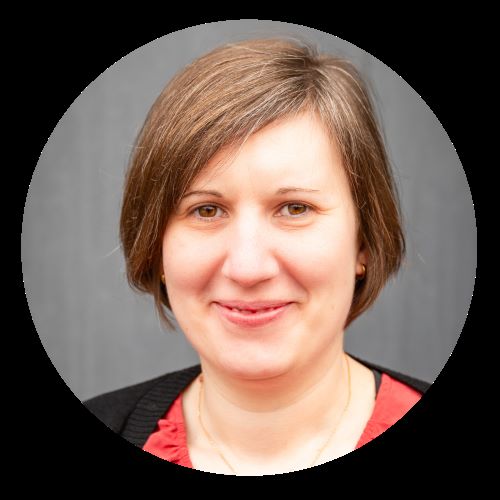 Eva Russwurm,
Eva Russwurm,
BSI Report - A 5G Risk Analysis
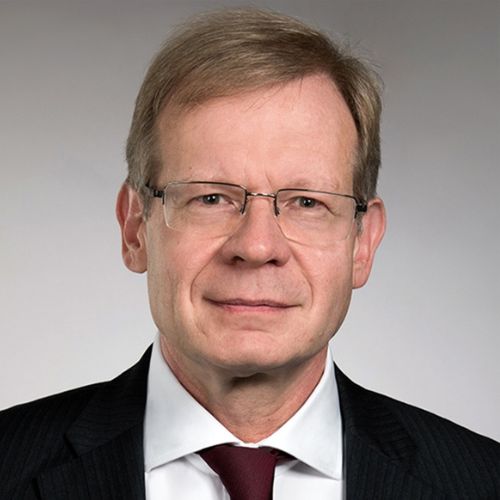 Michael Doubrava,
Michael Doubrava,
To Be Connected or Not to Be Connected: Visions, Potentials and Challenges of 6G-Enabled Healthcare
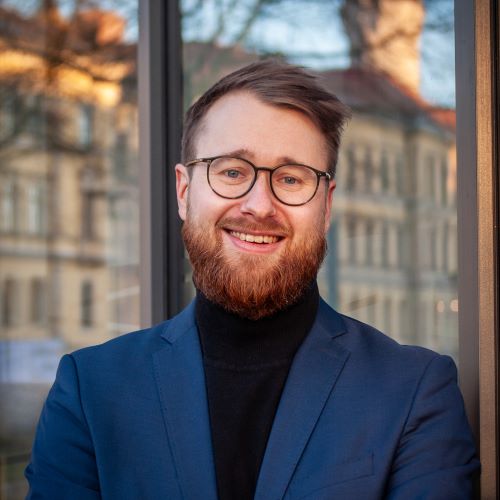 Clemens Möllenhoff,
Clemens Möllenhoff,
While the healthcare sector in Germany and worldwide faces pressure due to rising patient numbers, declining human resources, and cost constraints, digitalization offers a promising solution. 6G can make an important contribution to this development by connecting hospitals, outpatient care, and patients' homes, integrating new sensors, and optimizing data analysis. To make this happen, leading hospitals, manufacturers, and research institutions are joining forces in the Project "6G Health" to research the 6G-supported medicine of tomorrow and present visions, solutions, and answers to upcoming challenges.
NTN for Resilience
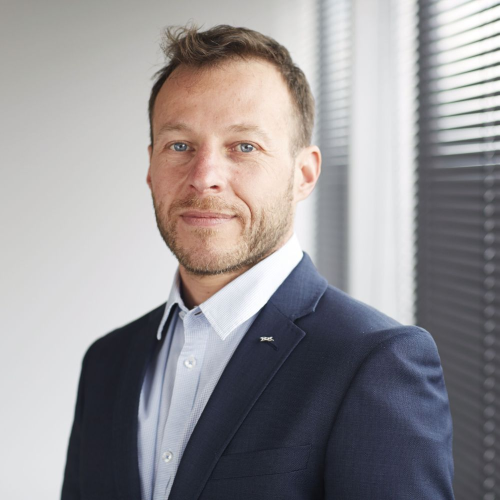 Sandro Scalise,
Sandro Scalise,
Moderation
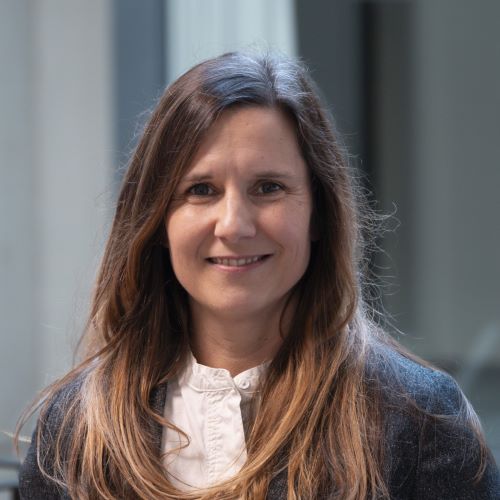 Kirsten Recke,
Kirsten Recke,
Quick Connect: Talent x Industry
Speed dating for students and employers

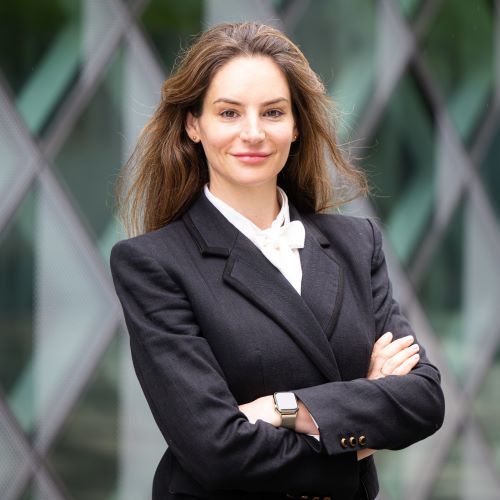 Dr. Alexandra-Gwyn Paetz,
Dr. Alexandra-Gwyn Paetz,
Thinknet 6G at Bayern Innovativ

The 6G Future Lab Bavaria
 Prof. Dr.-Ing. Wolfgang Kellerer,
Prof. Dr.-Ing. Wolfgang Kellerer,
Chair of Smart Electronics and Systems LITES, and the 6G Valley Initiative
 Prof. Dr. Norman Franchi, FAU,
Prof. Dr. Norman Franchi, FAU,
Fraunhofer Institute for Integrated Circuits IIS
 Giovanni Del Galdo,
Giovanni Del Galdo,
Latest update of 6G: The 3GPP 6G Study Item
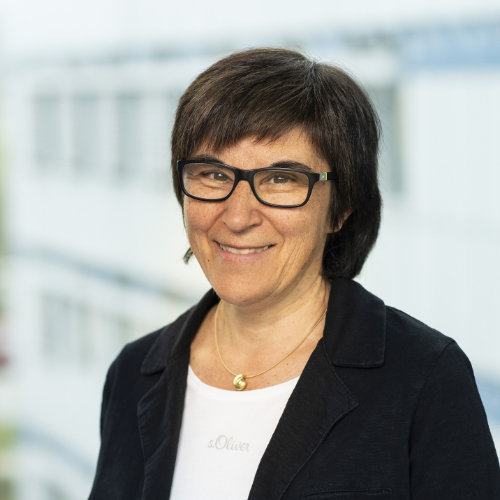 Elke Roth Mandutz,
Elke Roth Mandutz,
Details
In June 2025, 3GPP officially approved the 6G Study Item for the Radio Access Network. Over the next 21 months, we will explore all facets of this new generation, from the physical layer, e.g. waveform to innovative features like AI, sensing, non-terrestrial networks (NTN), and sustainability. This presentation will discuss some initial directions and the current state of 6G as observed at this early stage.
The BNetzA 6G Exchange Platform

Perspectives on Standardization from a European OEM
 Michael Meyer Ericcson,
Michael Meyer Ericcson,
Moderation
 Tilo Heckmann,
Tilo Heckmann,
Panel
 Elke Roth Mandutz,
Elke Roth Mandutz,

 Michael Meyer Ericcson,
Michael Meyer Ericcson,
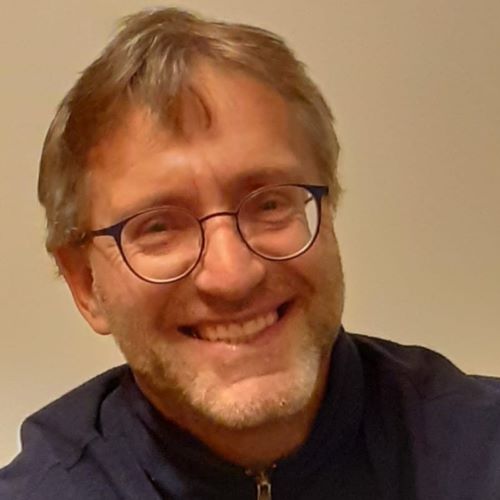 Dr. Stefan Brück,
Dr. Stefan Brück,
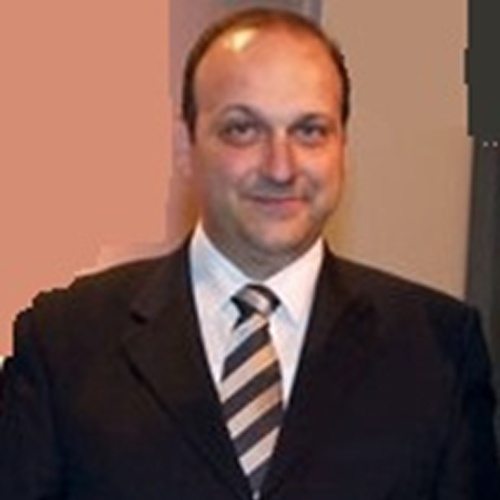 Konstantinos Chalkiotis Telekom,
Konstantinos Chalkiotis Telekom,
 Prof. Dr. Norman Franchi, FAU,
Prof. Dr. Norman Franchi, FAU,
EU CyberResilienceAct (CRA) - relevant to 6G?
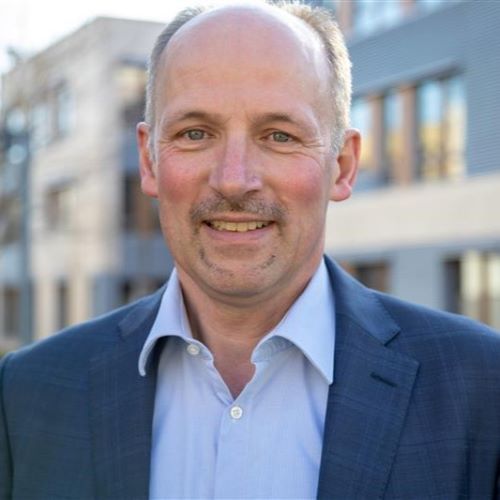 Dipl.-Ing. Uwe Rüddenklau,
Dipl.-Ing. Uwe Rüddenklau,
Heterogeneous Integration as an Enabling Technology for 6G
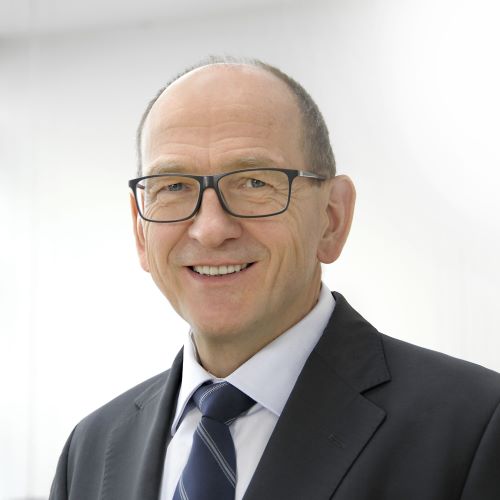 Albert Heuberger,
Albert Heuberger,
IHP Technologies and Systems for Next Generation Communication Systems
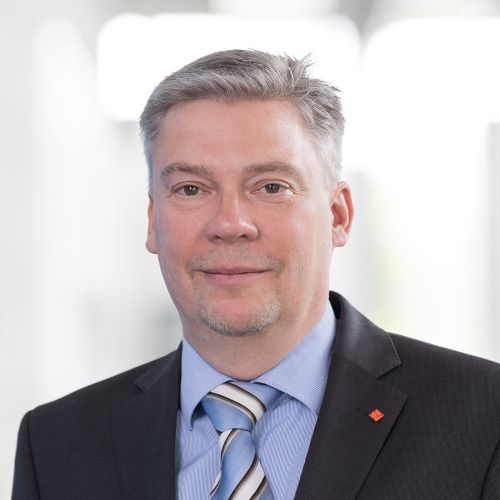 Gerhard Kahmen,
Gerhard Kahmen,
Leading wireless modem technology for the next decade and beyond
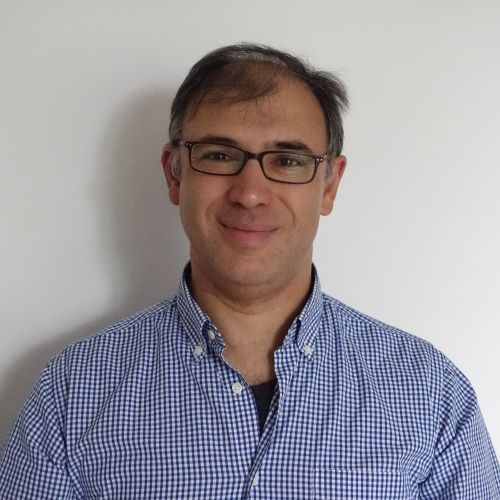 Andrea Garavaglia,
Andrea Garavaglia,
Wrap-Up, Day 1

Welcome to Day 2

Video Message from the 6G SNS
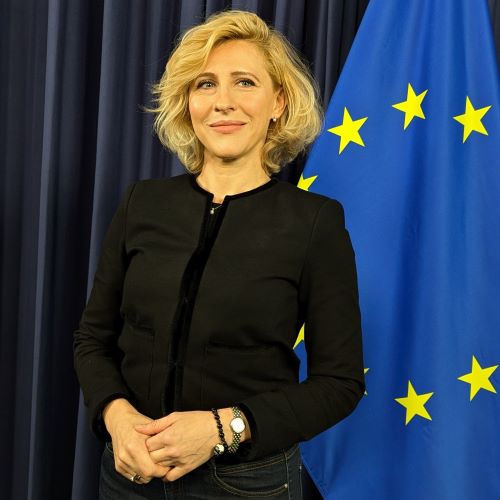 Erzsébet Fitori,
Erzsébet Fitori,
SNS JU 6G-SANDBOX, project, results and future plan
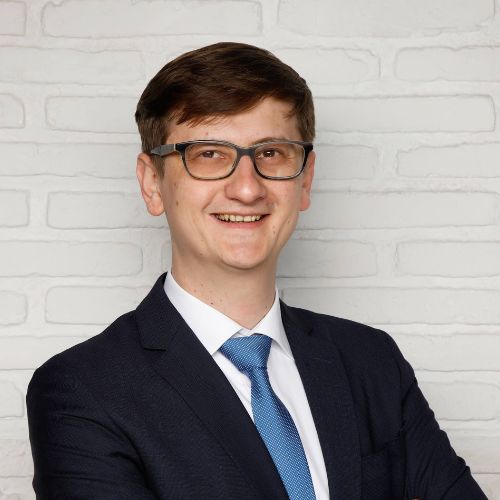 Radu Lupoaie,
Radu Lupoaie,
6G-SANDBOX is a HE funded research project (HORIZON-JU-SNS-2022-STREAM-C-01-01). The 6G-SANDBOX project brings a complete and modular facility for the European experimentation ecosystem (in line and under the directions set by SNS JU), which is expected to support for the next decade technology and research validation processes needed in the pathway towards 6G.The target is at technologies and research advances, that span over the entire service provisioning chain, and refer to user/data, control and management planes. In this direction, 6G-SANDBOX introduces the concept of Trial Networks, which refers to fully configurable, manageable and controlled end-to-end networks, composed of both digital and physical nodes. The 6G-SANDBOX Trial Networks incorporate infrastructures distributed in EU (namely in Malaga, Athens, Berlin and Oulu) and offer to third parties automated experimentation capabilities through a rich and extensible toolbox. This talk will share experimental results and also cover upcoming scheduled experiments.
IPCEI Microelectronics & Communication
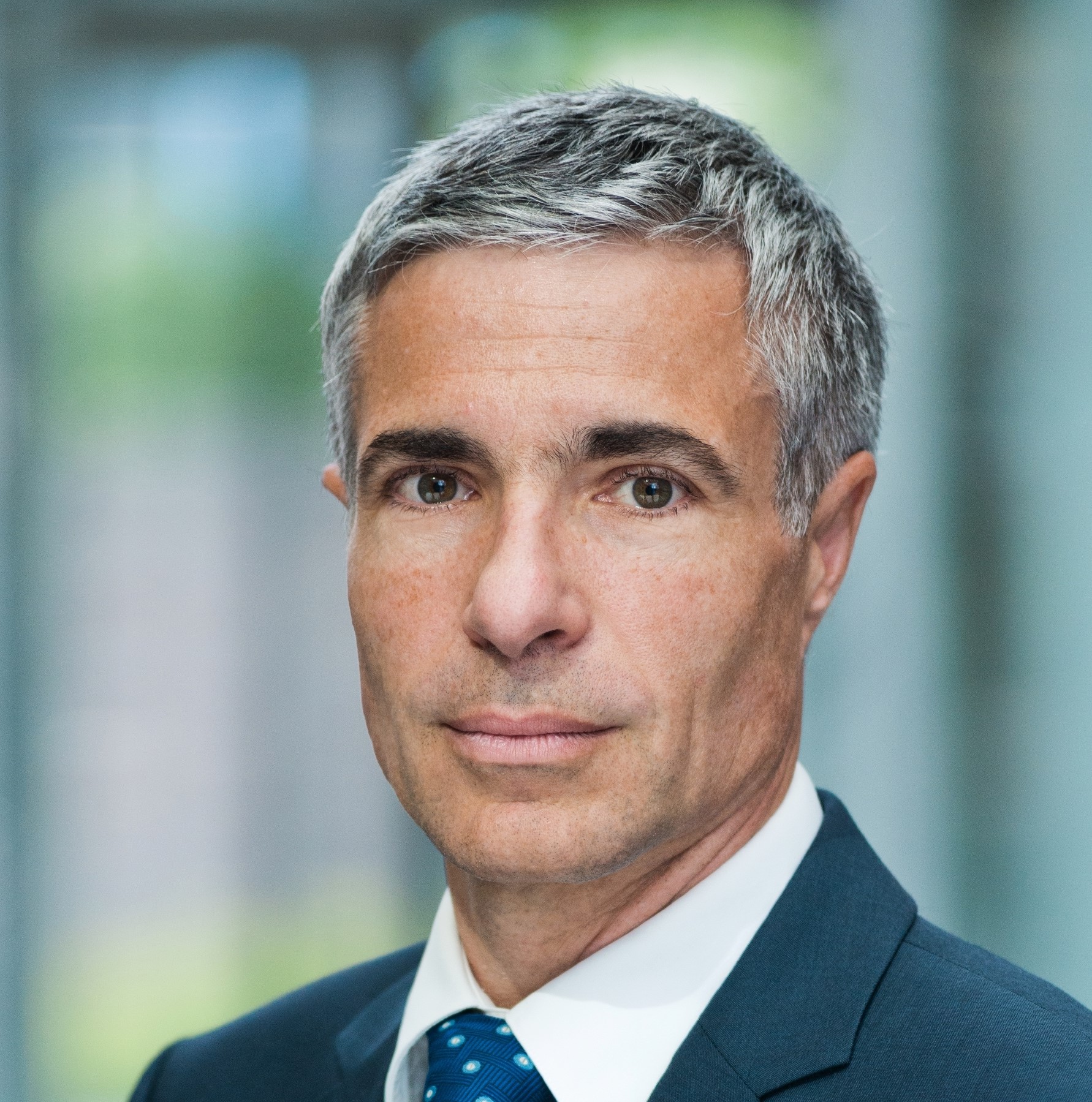 Frank Gröger,
Frank Gröger,
SUSTAIN-6G - holistically integrating sustainability into the 6G ecosystem
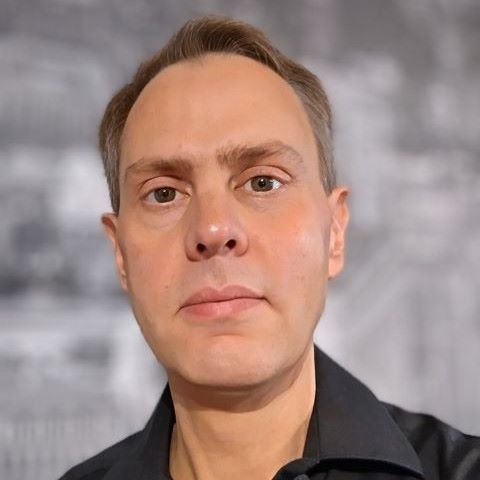 Christoph Schmelz,
Christoph Schmelz,
SLICES-DE: Digital Research Infrastructure for Computing and Communication
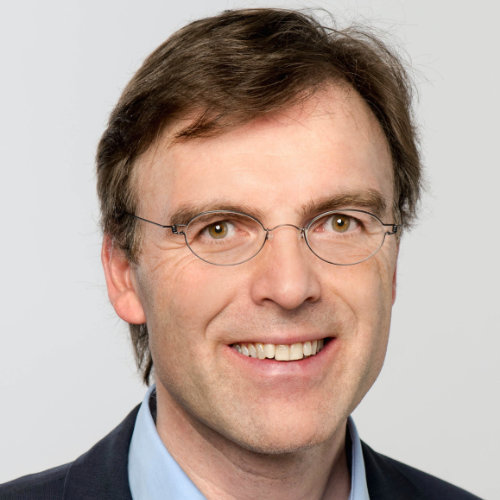 Georg Carle,
Georg Carle,
5G Corridor Munich - Prague
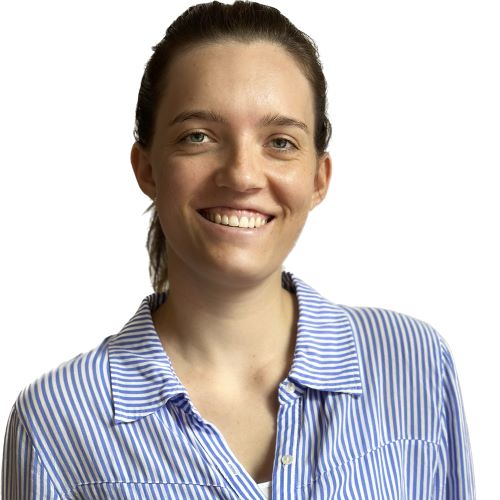 Michaela Eggert,
Michaela Eggert,
European Digital Innovation Hub - Digital Innovation and Artificial Intelligence

Enterprise Europe Network

6G and Germany's Sovereignty
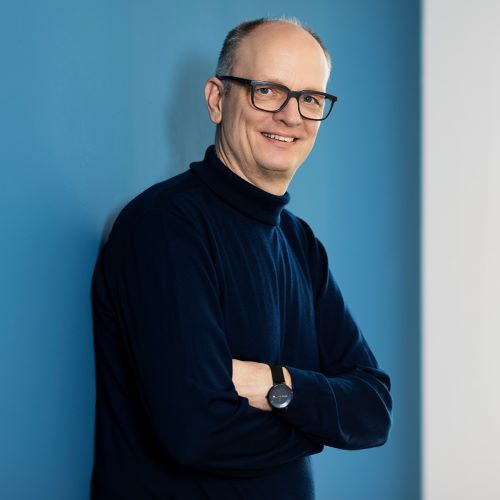 Dr. Tim Hentschel,
Dr. Tim Hentschel,
The new 6G could offer a fully new set of functionalities, if designed right. First we cover the opportunities, to then focus on what this entails for Germany's and Europe's sovereignty. Where are crucial missing pieces in the value chain, and where are fantastic new opportunities, reaching far beyond the typical cellular service of today?
The 6GEM Research Hub
 Prof. Dr.-Ing. Christian Wietfeld,
Prof. Dr.-Ing. Christian Wietfeld,
6G-life Research Hub
 Prof. Dr.-Ing. Wolfgang Kellerer,
Prof. Dr.-Ing. Wolfgang Kellerer,
How mioty improves LPWAN and 6G
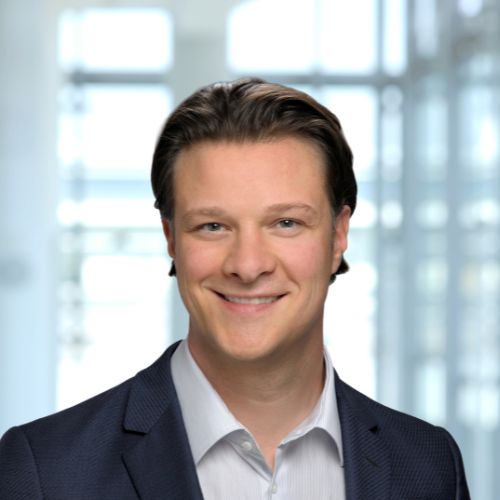 Maximilian Roth,
Maximilian Roth,
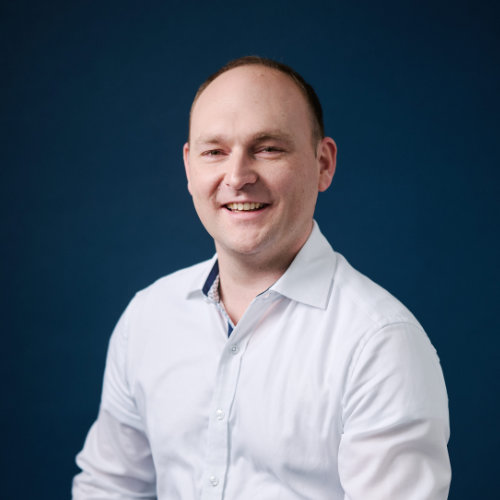 Michael Tränkler,
Michael Tränkler,
450 MHz: Fail-Safe Communication for Critical Infrastructures
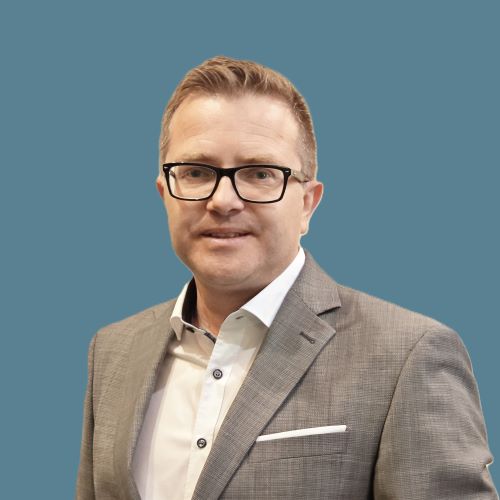 Daniel Scheike-Momberg,
Daniel Scheike-Momberg,
Moderation
 Prof. Dr.-Ing. Wolfgang Kellerer,
Prof. Dr.-Ing. Wolfgang Kellerer,
6G-RIC: Pioneering the Path to Energy-Efficient 6G Technologies
 Slawomir Stanczak, Fraunhofer HHI,
Slawomir Stanczak, Fraunhofer HHI,
Open6GHub
 Prof. Dr. Norman Franchi, FAU,
Prof. Dr. Norman Franchi, FAU,
6G Platform Germany
 Prof. Dr. Norman Franchi, FAU,
Prof. Dr. Norman Franchi, FAU,
6G-ANNA Project Outcomes and 6G Design Recommendations
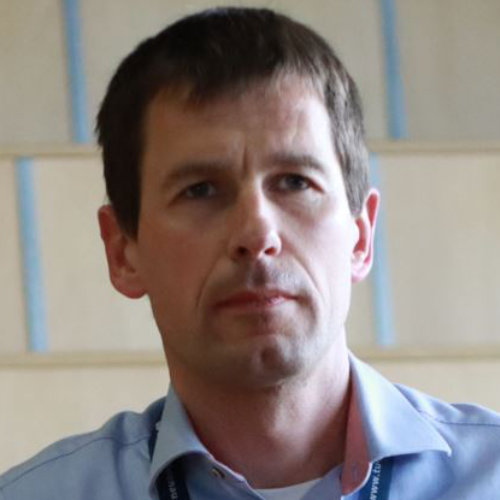 Christian Mannweiler,
Christian Mannweiler,
The presentation summarizes the main results of the project in the areas of (1) 6G architecture, (2) (radio) access, (3) network of networks including subnets and (4) automation and simplification. It also contains design recommendations for the 6G system in these areas and briefly introduces one of the project's proof-of-concepts, which will be presented at the event.
Funding Call: 6G in Application - Sustainable, Resilient and Intelligent Connectivity for Society and the Economy
 Kai Börner,
Kai Börner,
 Vivian Hoffmann,
Vivian Hoffmann,
Quantum technology: application perspectives for future networks
 Dr. Janis Nötzel,
Dr. Janis Nötzel,
In this talk, I briefly review the quantum perspective on some of the important current and potential future networking tasks. I point out several cases where quantum technology provides clear advantage, relating theoretical formulation to future use cases. These include data transmission and network security. In addition, I point out the relevance of quantum theoretic analysis for security assessment.
Telecom Strategy for QT and Presentation of the Testbed for Research into Entanglement
 Marc Geitz,
Marc Geitz,
The project "6G and Quantum Technology"
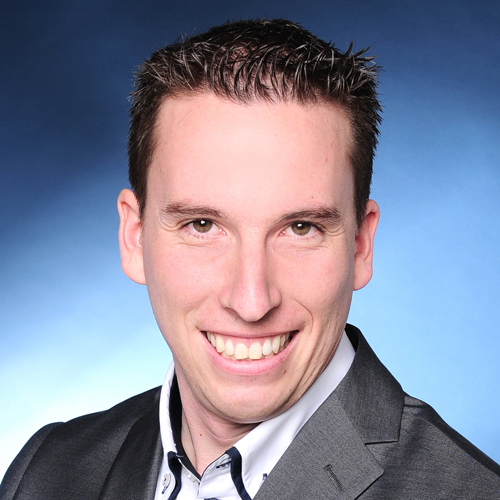 Prof. Dr. Kai Müller,
Prof. Dr. Kai Müller,
Research and Outreach in QUARKS
 Patricia Schlosser,
Patricia Schlosser,
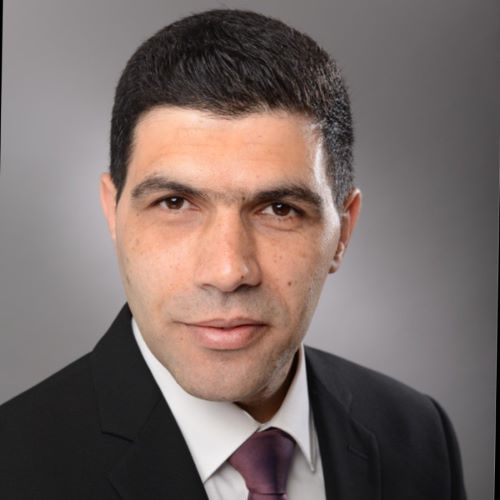 Bassem Arar,
Bassem Arar,
Panel Discussion
 Bassem Arar,
Bassem Arar,
 Dr. Janis Nötzel,
Dr. Janis Nötzel,
 Marc Geitz,
Marc Geitz,
 Prof. Dr. Kai Müller,
Prof. Dr. Kai Müller,
Panel
 Prof. Dr.-Ing. Wolfgang Kellerer,
Prof. Dr.-Ing. Wolfgang Kellerer,
 Prof. Dr. Norman Franchi, FAU,
Prof. Dr. Norman Franchi, FAU,
 Giovanni Del Galdo,
Giovanni Del Galdo,
 Dr. Stefan Brück,
Dr. Stefan Brück,
Wrap Up and Goodbye

Organizational contact

As part of the Thinknet 6G Summit 2025 students were invited to take part in two exciting opportunities designed to bridge academic innovation and industry collaboration: the Student Poster Competition and the "Quick Connect: Talent x Industry" networking session.
The Student Poster Competition provided a platform for young researchers to present their work to a diverse audience of leading scientists, engineers, and industrial partners. While the overarching theme of the summit centered on 6G and future communication networks, the competition encouraged a much broader range of topics. Submissions covered areas such as 5G and 6G wireless technologies, IoT and LPWAN systems, non-terrestrial networks, autonomous and medical applications, and sustainability solutions for communication infrastructures.
Participants benefited not only from the chance to showcase their projects and receive expert feedback, but also from direct exposure to professionals actively shaping the future of communication technology. The competition fostered a vibrant exchange of ideas, highlighting the creativity and technical skill of the next generation of researchers.
Complementing the poster sessions, the "Quick Connect: Talent x Industry" event created a dynamic space for speed networking between students and company representatives. Tailored especially for students nearing graduation, this format allowed short, focused conversations with potential employers and research partners.
